PlantACT! members around the globe

Laboratory of Rhizobia Biotechnology and Plant BreedingDepartment of Biotechnology. Faculty of Sciences. Oran University 1 Ahmed Ben BellaAlgeria
Abdelkader Bekki
Abdelkader holds a doctorate degree in biology and microbiology obtained in 1986 at the University of technical sciences in Nice (France). He is a Professor at the biotechnology department of the University of Sciences Oran1 (Algeria) since 1987. His main research focuses on crop yield improvement, especially in Fabaceae. His works are mainly dedicated to the interactions between fabaceae species and microbes (microbial consortium in the rhizosphere) under extreme conditions such as drought and anthropized soils
Keywords: Fabaceae, rhizobial microorganisms, salinity, drought

Foundation Chair in Sustainable Agriculture, Western Sydney University, Australia
Priti Krishna
Priti is Professor & Foundation Chair in Sustainable Agriculture at Western Sydney University. Her research is focused on brassinosteroid-related genes and mechanisms that simultaneously enhance plant productivity and plant resilience against a range of environmental stresses, with recent interest in enhancing root architectural traits for climate resilience.
Keywords: Plant stress responses, brassinosteroid-mediated stress tolerance, sustainable agriculture

University of Vienna, Max Perutz Labs, Dept. of Chromosome Biology,Austria
Peter Schlögelhofer
Peter’s research focuses on somatic and meiotic DNA repair and recombination in the model plant Arabidopsis thaliana. Meiosis involves DNA double strand break formation, which initiates reciprocal exchange of former maternal and paternal genetic material during subsequent homologous recombination DNA repair and is thereby at the heart of any breeding progress. His lab characterizes cis and trans acting factors that mediate and regulate these processes using genomic, proteomic and cell biological approaches.
Keywords: meiosis, recombination, DNA repair
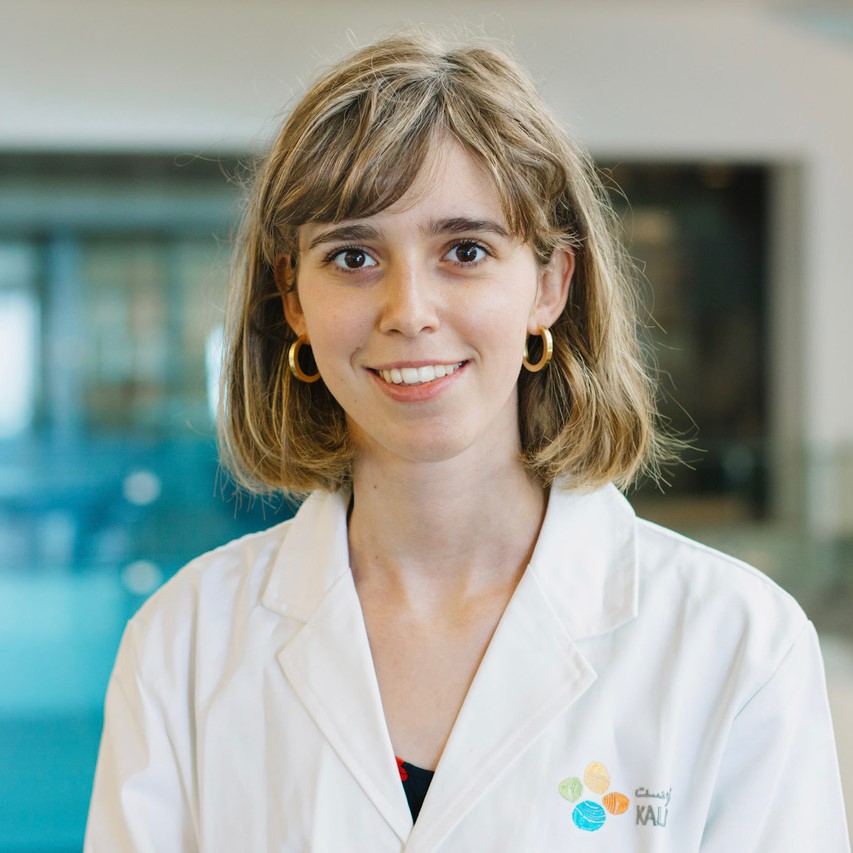
University of Vienna, Max Perutz Labs, Dept. of Chromosome Biology,Austria
Alice Stra
Alice is a PhD student from Prof. Salim Al-Babili’s group. Her research focuses on carotenoids and their role on plant growth, development and stress resistance.
Keywords: carotenoids - metabolic engineering - crop improvement
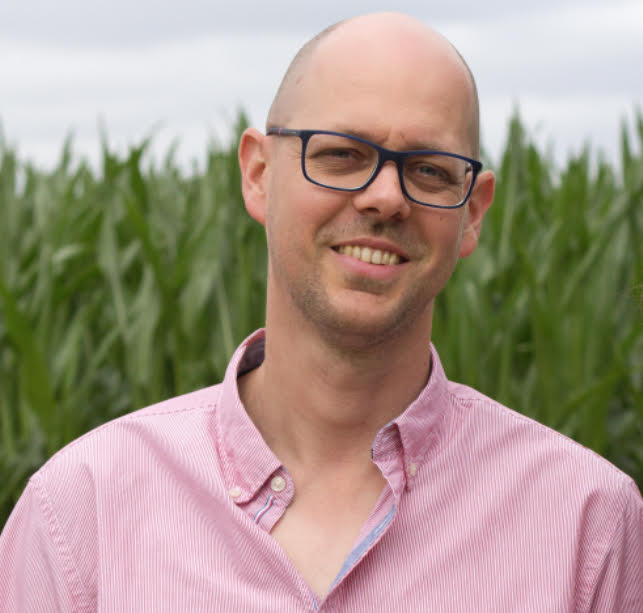
VIB Center for Plant Systems Biology,Ghent, Belgium
Ive De Smet
Ive is a group leader at the VIB-UGent Center for Plant Systems Biology whose main interests are to understand the sensing and early signaling mechanisms associated with abiotic stress, specifically high temperature and drought. His main approaches include phosphoproteomics and network biology and he applies this to Arabidopsis, wheat and soybean. His long term goal is to use these basic mechanistic insights to develop climate change-adapted crops.
Keywords: heat, drought, phosphoproteomics, signaling
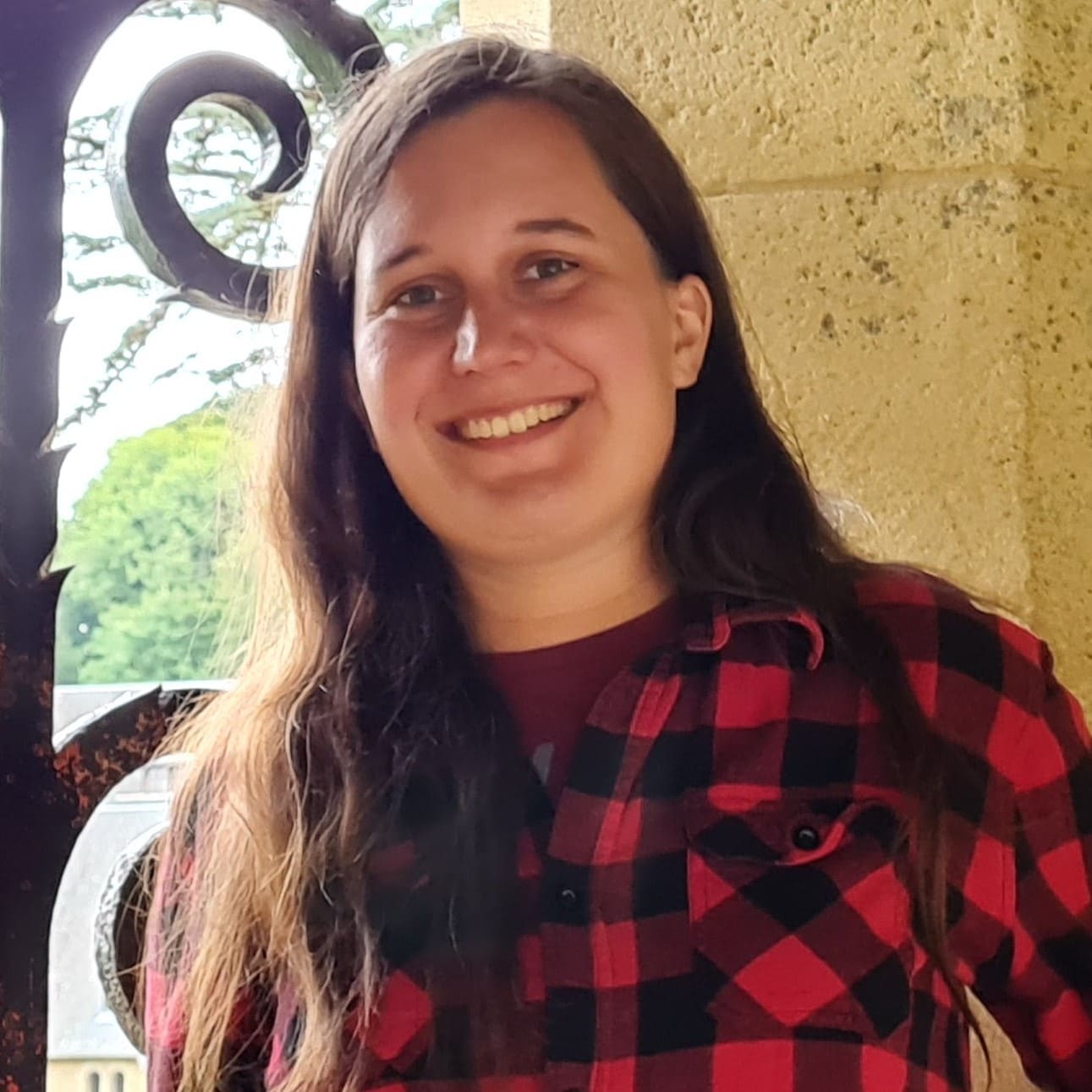
VIB Center for Plant Systems Biology, Ghent, Belgium
Tereza Vavdrová
Tereza is a postdoctoral researcher currently working in the Moritz Nowack group at the PSB VIB-UGent. Her research focuses on understanding the regulation of developmental programmed cell death in the root cap of Arabidopsis, a model plant species commonly used in plant biology research. In addition to her work on cell death, she is also interested in how plant development can be modulated by environmental conditions.
Keywords: plant development, cell biology, programmed cell death
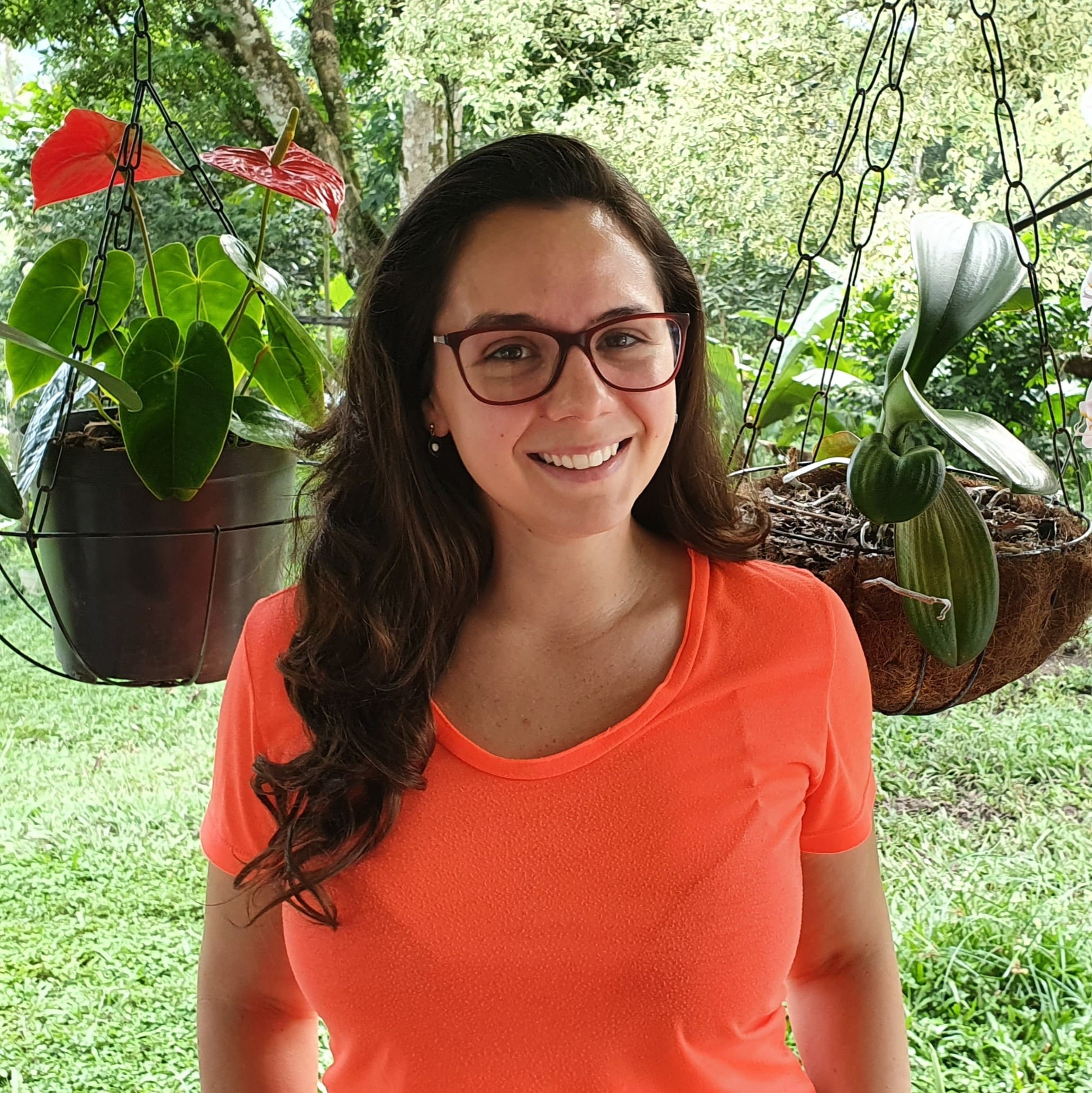
São Paulo State University (UNESP),Brazil
Thayssa Rabelo Schley
I am a Postdoc researcher working with plant responses to abiotic stresses using the plant model Arabidopsis and tropical cereals. I am keen to investigate how plants interact with the surrounding environment, especially plant-soil interactions. I believe that a more multidisciplinary research approach, by increasing scientific collaborations and communication, is required to ensure better solutions for the current agriculture problems. Therefore, being part of the Plant ACT! initiative and expanding the scientific network between Brazil and the world meets my professional goals. Accordingly, I am also an American Society of Plant Biologists (ASPB) Ambassador.
Keywords: ecophysiology, nutrient stress, drought, aquaporins, genetics, crops

University of Sarajevo,Bosnie-Herzégovine
Erna Karalija
Erna Karalija graduated with a PhD in biology from the University of Sarajevo, B&H in 2015. During 2022-2023 she spent one-year sabbatical period in Plant stress laboratory, University of Florence, Italy. Since 2007 she has been working as a researcher at University of Sarajevo, where she holds position of full professor in functional and molecular biology. Her research explores two main themes: plant stress physiology and plant memory with specific interest in seed priming and transgenerational memory investigating how seed priming affects plant fitness and vigour and how primed memory can be transferred to progeny. Secondly her research investigates plants secondary metabolite production using in vivo and in vitro techniques and different elicitors and how these can affect bioactive properties of plants. She is a member of Global Young Academy since 2020 and member of the International Association of Dietetic Nutrition and Safety (IADNS) since 2022, Associated editor of Food Safety and Health Journal (Springer), Review Editor of Plant Stress journal (Elsevier), Plant Metabolism and Chemodiversity (Frontiers), Ethnopharmacology (Frontiers), Crop and Product Physiology (Frontiers).

Institute of Plant Physiology and Genetics, Bulgarian Academy of Sciences, Sofia, Bulgaria
Valya Vassileva
Valya‘s research primarily focuses on investigating the genetic and epigenetic factors that regulate gene expression in higher plants. Specifically, she is interested in understanding the molecular mechanisms underlying plant adaptation to abiotic stress, with the ultimate goal of identifying new strategies to enhance plant resistance to drought and heat stress.
Keywords: root development, abiotic stress, DNA methylation, stress memory, stress response
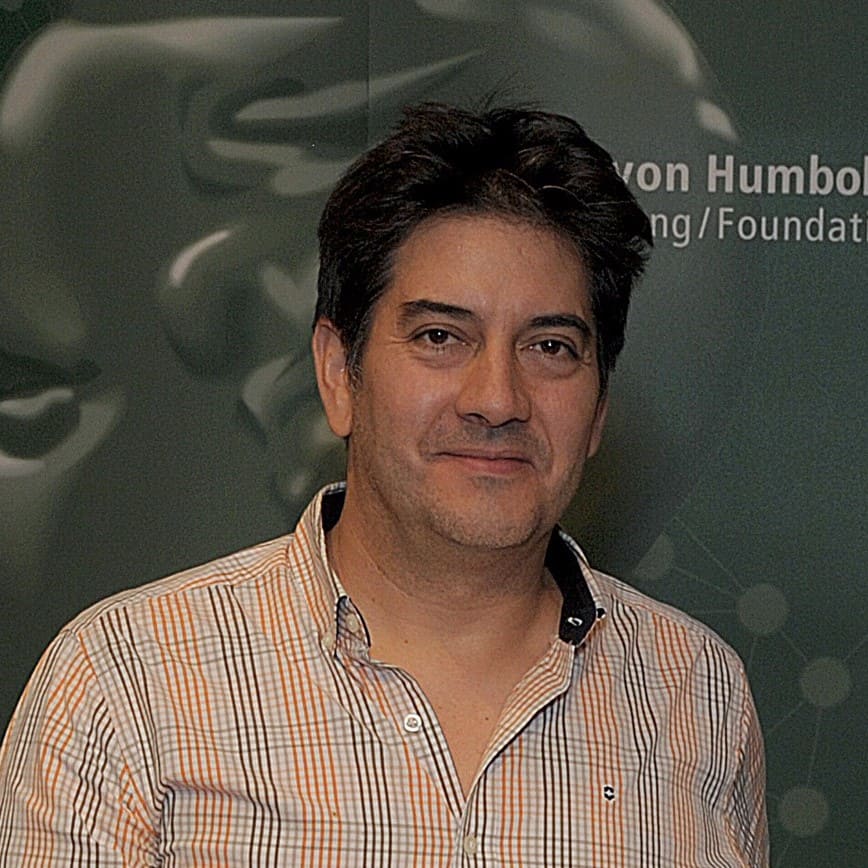
Molecular Genetics and Microbiology Department, P. Universidad Católica Chile
Rodrigo A. Gutierrez
Rodrigo is Full Professor and is one of the founders of the Chilean Society of Plant Biologists and first elected president. He obtained his PhD from Michigan State University and was postdoc at New York University. His main interest is to use systems biology approaches to understand mechanisms to regulate gene expression in response to nitrogen nutrients or metabolite signals in plants using A. thaliana as a model system. He is also interested in understanding the molecular mechanisms of plant resilience, working on the co-evolution of adaptive traits in wild species of Atacama Desert plants.
Keywords: Keywords. Systems Biology, Nitrate signaling, Plant Resilience, Atacama Desert

Nanjing Agricultural University,China
Shiguo Chen
Shiguo is a full professor at Nanjing Agricultural University, China. His research interest focuses on developing natural plant inducers and understanding the initial targets of action and molecular mechanisms of these new inducers enhancing plants against extreme climate (especially high/low temperature, salinity, and drought) and important diseases. He aims to explore economic, environmentally friendly and super efficient plant inducers to facilitate field-grown crops against abiotic and biotic stresses.
Keywords: Extreme climate, biotic stress, natural product, plant inducer, target of action, plant resistance
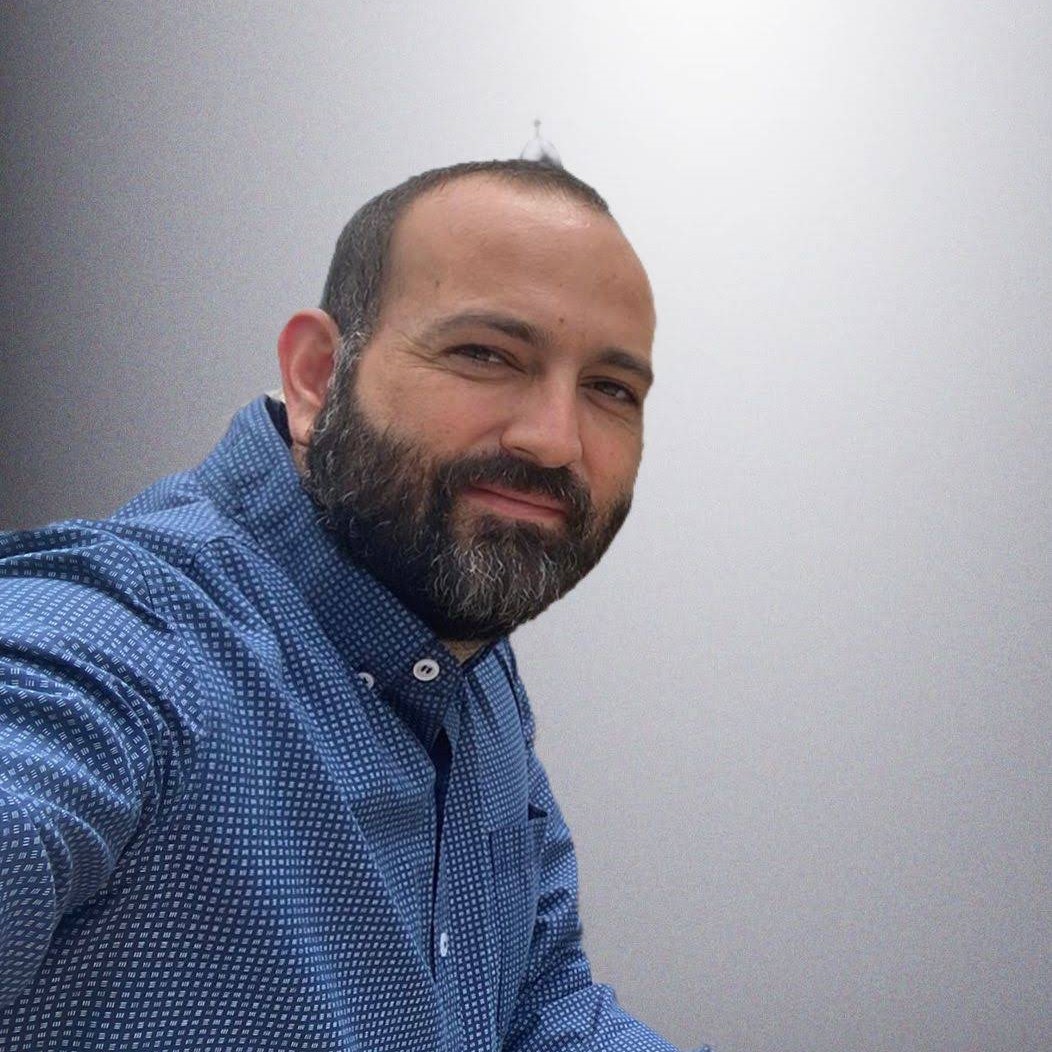
Technological Institute of Costa Rica,Costa Rica
Fabián Echeverría-Beirute
Fabián is a Professor and researcher at the Technological Institute of Costa Rica (TEC, Costa Rica), at the Doctorate program in Natural Sciences for Development -DOCINADE-, the Master program in Science and Technology for Sustainability, researcher in Plant Genetic Improvement and Biotechnology at the School of Agronomy, and Coordinator of the Center for Research and Development of Tropical-Humid Sustainable Agriculture. Fabián is a Biotechnology Engineer, with a Master's Degree in Agricultural Sciences and Natural Resources with an emphasis in Biotechnology (Universidad de Costa Rica) and a PhD in Plant Genetic Improvement (Texas A&M University, USA). He is an advisor on Innovation and Development, as well as a promoter of science and technology towards sustainability.
Keywords: coffee, sustainable agriculture, plant Breeding, integromics
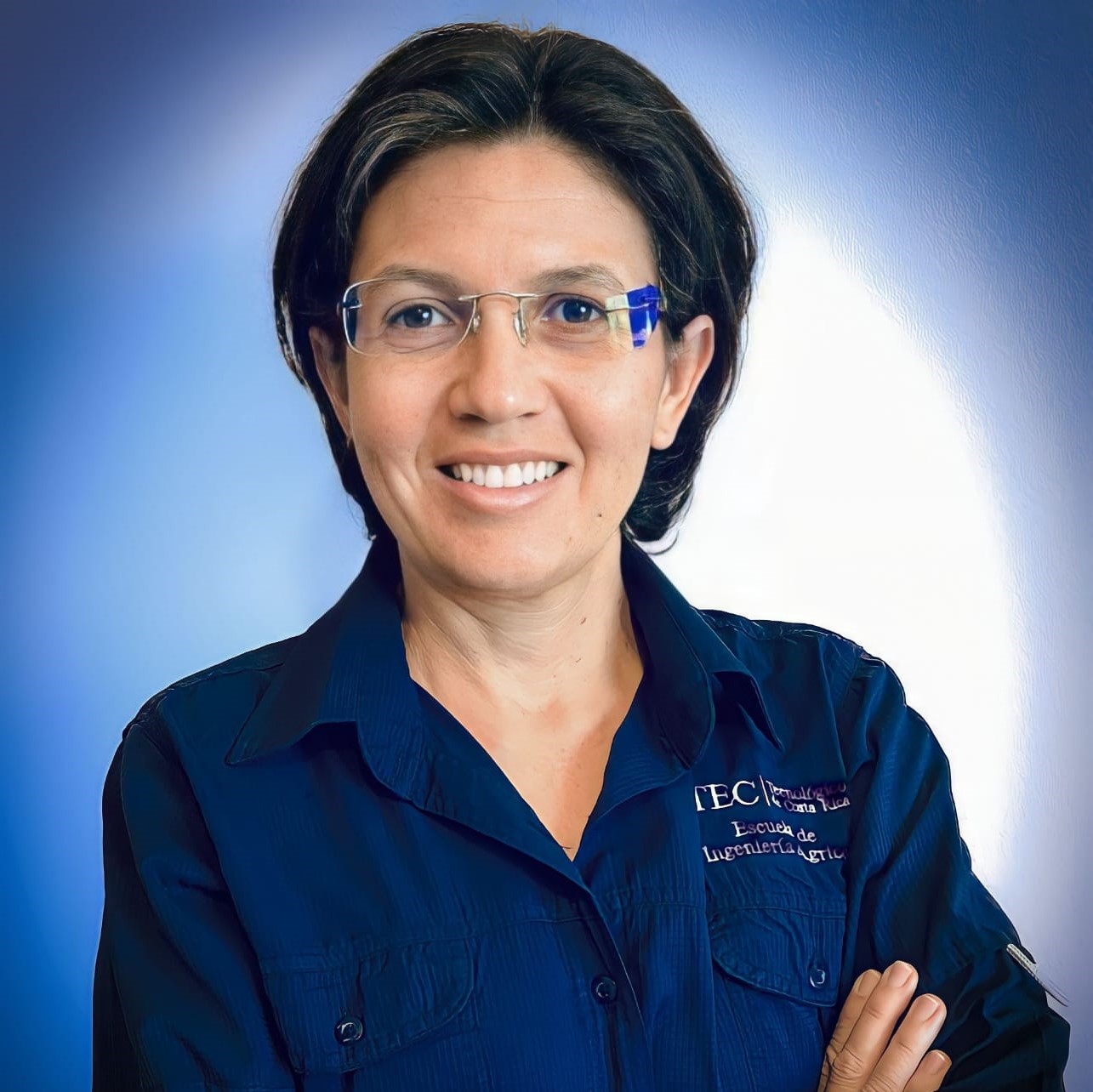
Agricultural Engineering School, Cartago, San José,Costa-Rica
Karolina Villagra Mendoza
Karolina is an associate professor and researcher at the Costa Rican Institute of Technology (ITCR) and coordinator of the Soils Physics Laboratory, and the Laboratory for Climate Change Adaptation based on Green Infrastructure (LACCLIVE), both at the Agricultural Engineering School. Her research is focused on soil and water conservation, soil hydrology, biochar production and application, best practice management for agriculture, and urban green infrastructure.
Keywords: sustainable agriculture, biochar, soil hydrology, green-based solutions, carbon sequestration, soil physics, adaptation in agriculture
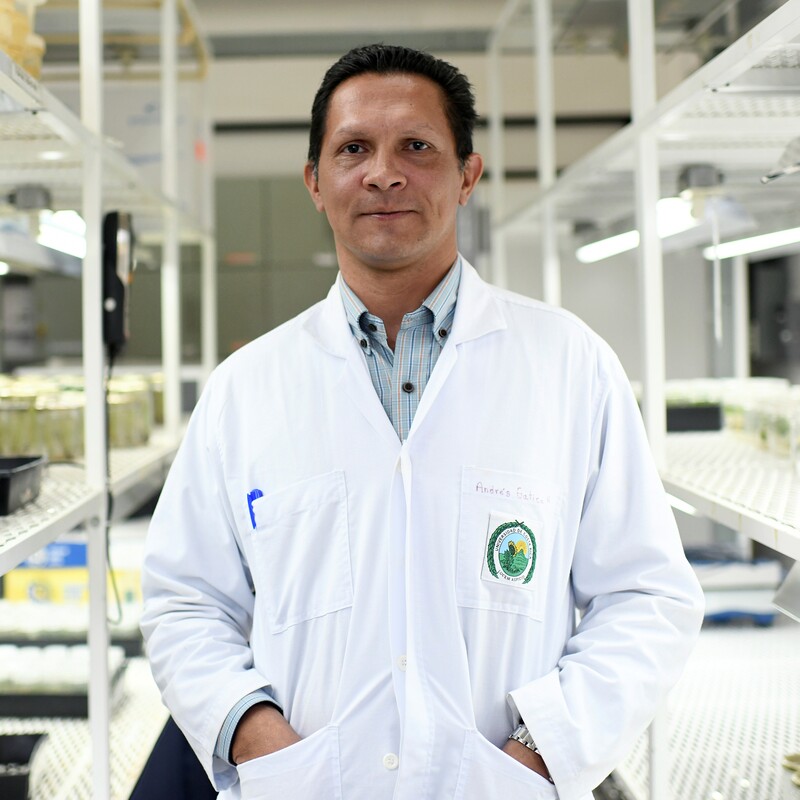
University of, Costa-Rica
Andres Gatica
Andrés is a researcher and professor in the field of biotechnology. With degrees in Biotechnology and Agricultural Sciences, his expertise lies in plant genetic improvement, genetic engineering, genome editing, plant tissue culture, molecular biology of plants, and public perception of biotechnology. He holds a Doctorate in Agricultural Sciences from University of Hohenheim, Germany. Currently a professor at the University of Costa Rica. He has been involved in numerous research projects with financial support from various institutions. In addition to his academic pursuits, Andrés is actively engaged in mentoring students, serving on thesis committees, and contributing to academic development. He has also been a keynote speaker at international conferences and has organized forums on agricultural biotechnology and biosafety. In recognition of his accomplishments, the University of Costa Rica bestowed upon him the title "Humboldt Professor" in 2023. Furthermore, Andrés leads the Latin American Biotechnology-STEAM Network, which aims to foster collaborative research and innovation in biotechnology across the region, emphasizing science, technology, engineering, arts, and mathematics competencies.
Keywords: Biotechnology, plant genetic improvement, plant tissue culture, molecular biology
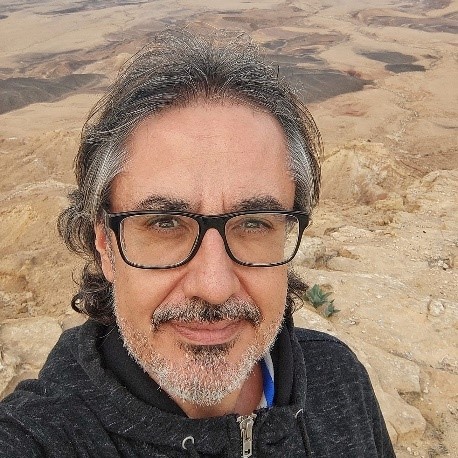
Cyprus University of Technology
Vasileios Fotopoulos
Vasileios is Associate Professor in Structural and Functional Plant Biology and head of the CUT Plant Stress Physiology Group established in 2008 (www.plant-stress.weebly.com). His main scientific research focuses on the study of nitro-oxidative signaling cascades involved in the plant’s response to stress factors, while emphasis is being given in the development of chemical, biological and nanomaterial priming technologies towards the amelioration of abiotic stress factors and promotion of plant growth. Relevant research has resulted in the publication of a patent and the provisional filing of three additional ones. In addition, he is involved in research studying plant secondary metabolism and antioxidant responses in fruit crops during ripening. He has also been assigned to evaluate competitive research proposals from different countries (France, Belgium, Poland, Australia, UK, Chile, Latvia, Greece, Italy, Serbia, Czech Republic, Portugal, Israel, Qatar, Austria, Denmark, Hungary, United Kingdom), EU proposals (Horizon Europe, EUROSTARS, PRIMA), while he is an active Review Panel Member for COST Actions (EU) in the field of ‘Natural Sciences’. Finally, he has acted as examiner of MSc theses/PhD dissertations from Italy, Greece, Spain, India, South Africa and The Netherlands.

Laboratory of Vegetable Production, Department of Crop Science, AUA, Greece
Georgia Ntatsi
Georgia Ntatsi is Assistant Professor at the Laboratory of Vegetable Production, Department of Crop Science, AUA. From 2024, Dr. Ntatsi is the CEO of NUTRISENSE, a spin off company of AUA, aiming to support growers in applying economically viable and environment-friendly fertilization practices in horticultural crops. She is specialized on plant nutrition, soilless culture, organic production, vertical farming, vegetable grafting, abiotic stress, biofortification, biostimulants, phytohormones, plant metabolism, greenhouse environment and its impact on vegetable production and quality. She has extensive experience in determination of inorganic nutrients in plant tissues and soil samples and quality parameters, greenhouse gases, biological nitrogen fixation and oxidation and antioxidant parameters of vegetables.
Keywords: plant metabolomics, specialized metabolites
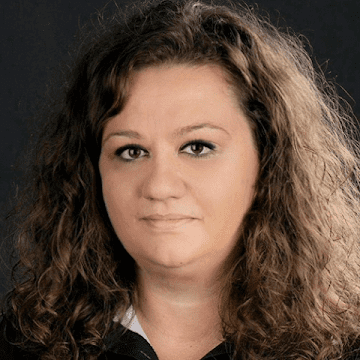
University of North Croatia
Šamec Dunja
Dunja received her PhD in plant biology in 2013 and then worked for two years as a postdoctoral researcher in the USA on a Marie Curie fellowship, where she gained knowledge in plant metabolomics. She is currently an assistant professor at the University North, where she also leads a research group. Her main scientific interest is the role of less-studied plant specialized metabolites in plant-environment interactions and their potential use in agriculture, biotechnology and pharmaceuticals. Currently, her research focuses on flavonoid dimers.
Keywords: plant metabolomics, specialized metabolites

Institute of Plant Molecular Biology, Biology Centre of Czech Academy of Sciences, České Budějovice,Czech Republic
Iva Mozgova
Iva is a junior group leader at the Biology Centre CAS, interested in epigenetic mechanisms that underlie plant developmental and metabolic transitions in connection to environmental acclimation. We strive to provide fundamental insights into mechanisms that mediate facultative gene repression, which can allow developing targeted strategies for improving plant adaptation and regeneration.
Keywords: developmental epigenetics, primary metabolism, light acclimation, Polycomb

Institute of Plant Molecular Biology, Biology Centre of Czech Academy of Sciences, České Budějovice,Czech Republic
Michael Wrzaczek
Michael is a group leader at the Biology Centre CAS, interested in signal transduction in plants in response to biotic and abiotic environmental signals. His groups aims to understand how signals are perceived and integrated with the developmental programmes in plants.

Department of Plant and Environmental Sciences, University of Copenhagen,Denmark
Deyang Xu
Specialized metabolites, in their myriad and diverse forms, serve as key chemical language of sessile plants, facilitating communication with their surroundings. Deyang Xu is dedicated to unravelling the molecular mechanism governing the transport of specialized metabolites, both within plants and in interactions with other organisms. Utilizing glucosinolate defense compounds in Arabidopsis as a model system, he focuses on the transport processes across key borders i.e. in seed loading and root exudation. The knowledge are being translated to Brassica crops, aiming to enhance both the nutritional content of edible parts and the overall fitness of the plant. Additionally, Deyang is studying how plants tailor their endophytic microbiomes to enhance their fitness and adapt to natural soils. He obtained his PhD in molecular genetics from the Shanghai Institute of Plant Physiology and Ecology at the Chinese Academy of Sciences in 2012. By 2016, he was appointed as an Assistant Professor at the University of Copenhagen.
Keywords: Specialized metabolites, Transporters, Glucosinolates, Seed loading, Root exudation, Brassica crop, Microbiome, Antinutritional factors
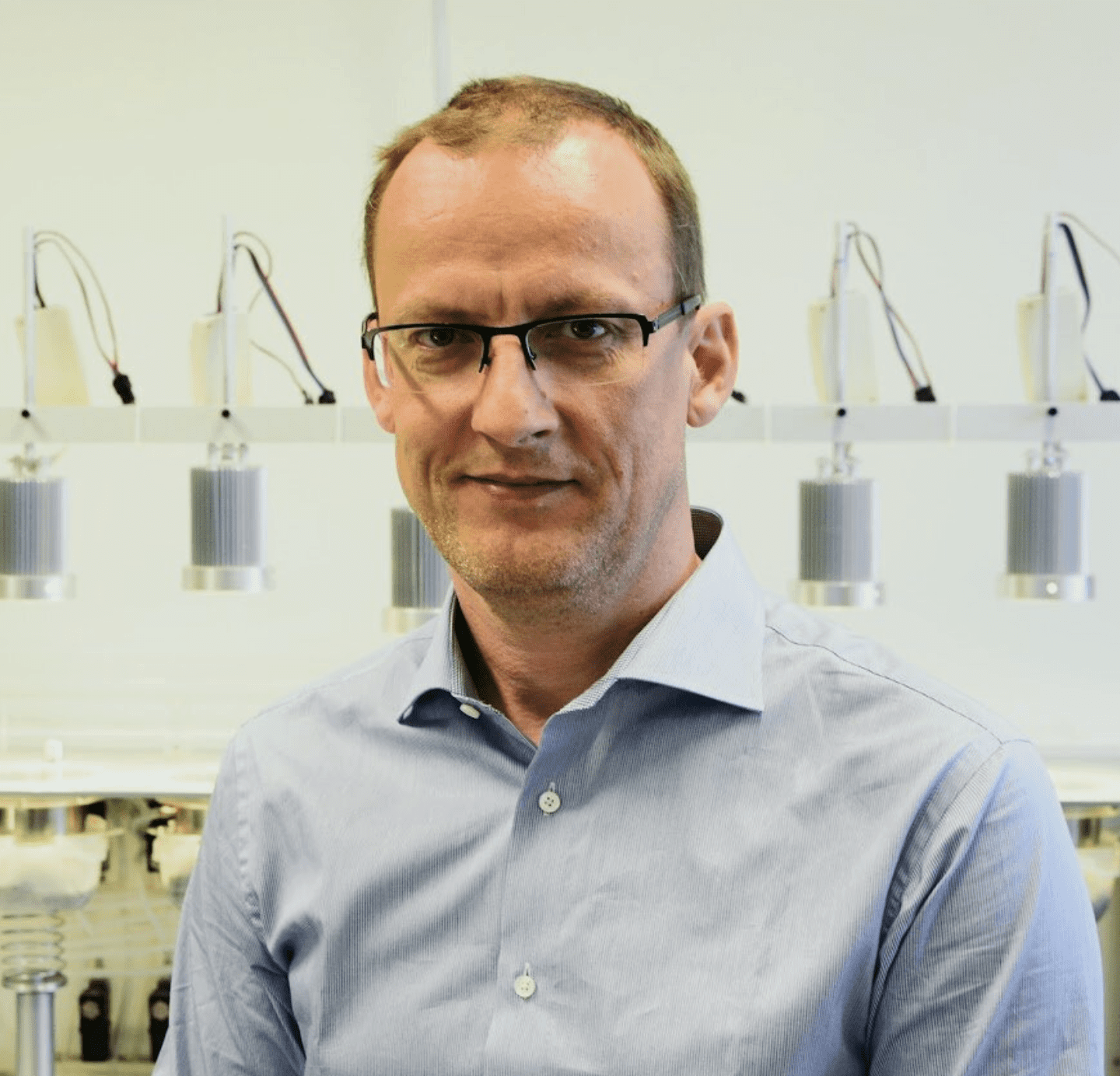
Institute of Technology, University of Tartu, Estonia
Hannes Kollist
Hannes is interested to understand the immediate molecular switches by which plants sense changes in the surrounding environment. He studies stomatal regulation in response elevated CO2, drought, air pollutant ozone and ways how to apply this knowledge for breeding plants that would consume less water. He is also interested in developing technological solutions for measuring plant gas exchange in various growth conditions.
Keywords: abiotic stress, stomatal regulation, gas exchange measurement, elevated CO2, ozone.

PhD Student at the University of Cape Town in the Department of Molecular and Cell Biology, South AfricaResearcher at Ethiopian Institute of Agricultural Research, Ethiopia
BEAKAL TADESSE GIRMA
Beakal is a PhD student at the University of Cape Town, focusing on the mechanism of drought tolerance in Tef. His project involves correlating morphological, phenological, and physiological responses with molecular responses to find potential biomarkers that can aid conventional breeding. He employs an omics approach in his molecular studies. He is also involved in the improvement of cereal crops for the changing climate and increase productivity.
Keywords: Tef, Drought Tolerance, Physiology and Omics
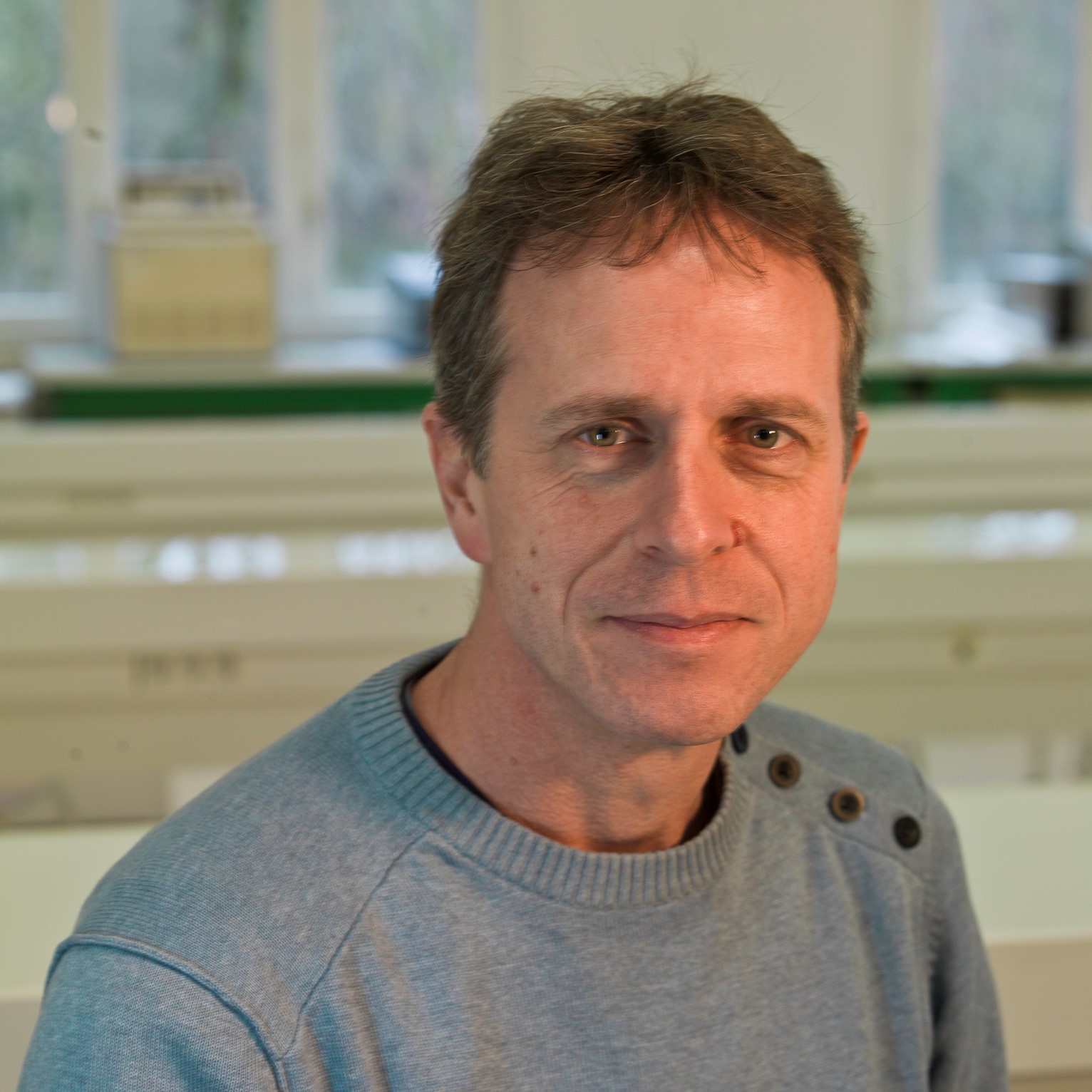
Université Paris-Saclay, INRAE, AgroParisTech, Institut Jean-Pierre Bourgin (IJPB),78000, Versailles, France
Fabien Chardon
Fabien is a senior researcher in the SATURNE team at IJPB, interested by the genetic variability of nitrogen assimilation and remobilization processes in plants. In particular, he is studying the relationship between nitrogen and carbon allocation in plant organs and the age of tissues (leaf senescence), as well as the effect of climate change on these adaptive traits.
Keywords: NUE, plant physiology, and genetics

University Caen-Normandie, INRAE, Research Unit EVA,Caen, France
Sophie Brunel-Muguet
Sophie is a research scientist whose main interests are to understand and predict plant performances under environmental constraints, mainly in oilseed crops. Recently she has focused on the effects of repeated heat waves at the light of the stress memory. Her objectives are twofold: deciphering the molecular drivers of plant’s responses and identifying thermo-sensitization schemes for breeding perspectives. Her approaches encompasses in planta experiments and modelling.
Keywords: seed quality, heat stress, stress memory, modelling
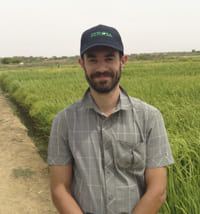
UMR DIADE, Université de Montpellier, IRD, CIRAD,Montpellier, France
Laurent Laplaze
Laurent is a senior scientist at the Institut de Recherche pour le Développement (IRD). His research focuses on root development and interaction with soil microorganisms in tropical cereals (pearl millet, rice, sorghum) and targets root traits to develop new varieties and practices to sustainably improve the production and resilience of agrosystems in low-income countries. His career is characterized by a strong partnership with Africa.
Keywords: root biology, abiotic stresses, root-soil interactions
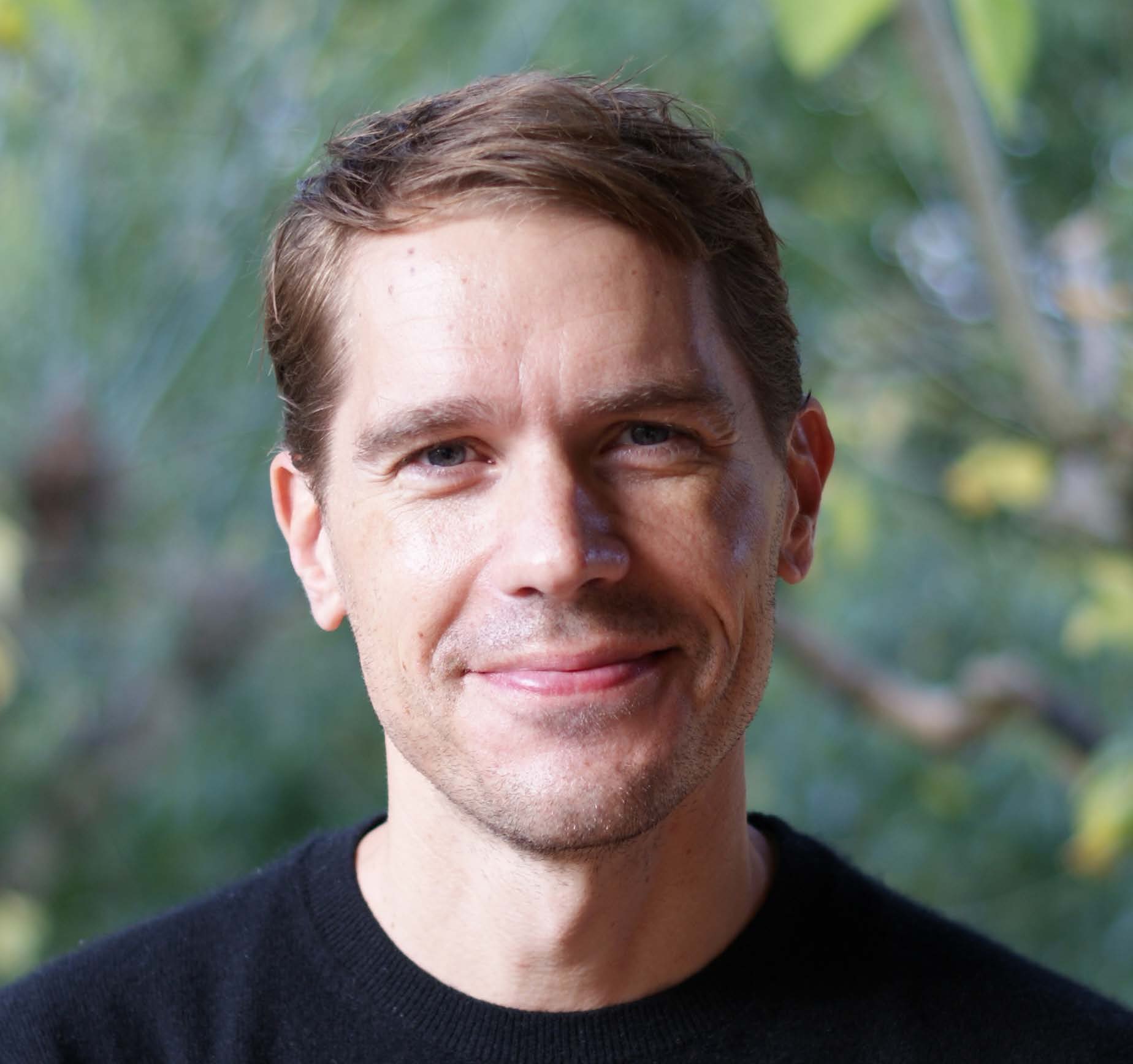
Institute for Plant Sciences of Montpellier (IPSiM),France.
Antoine Martin
Antoine is a scientist at the Institute for Plant Sciences of Montpellier (IPSiM), France. His work aims at identifying and characterizing signaling mechanisms involved in plant adaptation to nitrogen availability, with a focus on the regulation of root nitrate sensing, transport and signaling by environmental factors and climate change.
Keywords: root biology, NUE, elevated CO2

Université Paris-Saclay, CNRS, INRAE, Université d’Evry, Université Paris Cité, Institute of Plant Sciences Paris-SaclayORSAY France
Michael Hodges
Michael is a senior scientist and group leader at the Institute of Plant Sciences Paris-Saclay. His major scientific interest is focused on plant primary metabolism interactions. Current topics include the regulation of photorespiration, stomatal movements, plant multi-stress responses and the influence of beneficial bacteria on plant acclimation to elevated CO2 and low nitrogen.
Keywords: Plant physiology, primary metabolisms, regulatory mechanisms, beneficial bacteria, elevated CO2
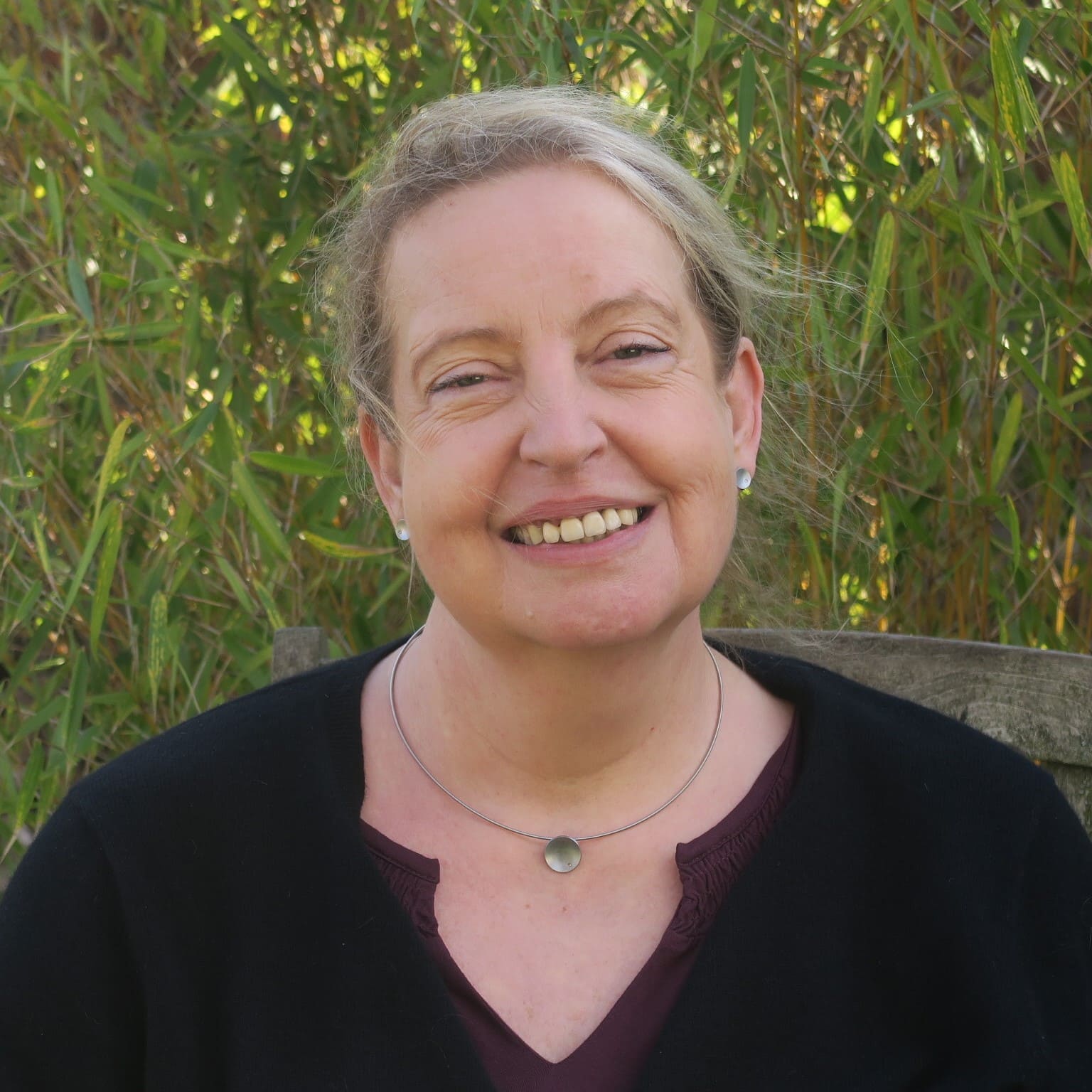
Université Paris-Saclay, INRAE, AgroParisTech, Institut Jean-Pierre Bourgin (IJPB),78000, Versailles, France
Anne Krapp
Anne is a molecular plant physiologist at IJPB and interested in how plants adapt to changes in soil nitrogen resource availability. Her research focuses on the molecular mechanisms of nitrate uptake and the regulation of gene expression and metabolisms in response to nitrogen starvation and nitrate resupply under a changing environment.
Keywords: Nitrogen and Carbon metabolism, nutrient signaling, transcriptional regulation, NUE
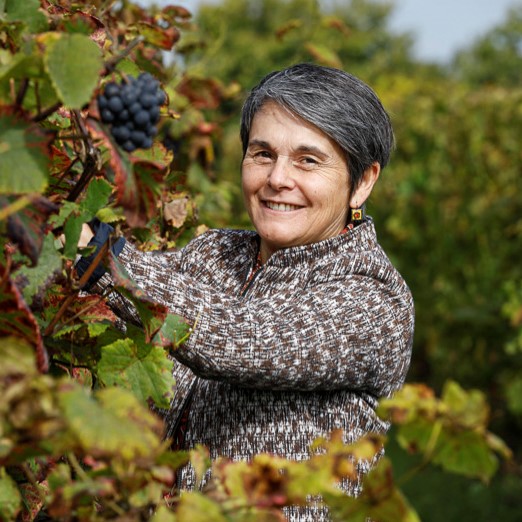
Research Unit for Vine Ecophysiology and Functional Genomics, Bordeaux,France
Nathalie Ollat
Nathalie is a plant-ecophysiologist from INRAE with special interest in grapevine and viticulture. After dealing with berry development during her Ph-D, she initiated, in the early 2000s, a research program on the interactions of grapevine rootstocks with biotic and abiotic factors. Dr. Ollat and her research team have studied the impacts of rootstocks on grapevine nutrition, water intake, vine growth and yields and the genetic determinism of relevant traits, providing a body of knowledge useful to breed new rootstocks. Since 2010, she expanded her research efforts to focus on the impact of climate change on grape growing. She has been the co-director of the “LACCAVE” program on long-term impacts and adaptations to climate change in viticulture and oenology in France (2012-2021) and is a member of several scientific committees on this issue. In April, 2018, she was promoted to the position of director of the Research Unit for Vine Ecophysiology and Functional Genomics (UMR EGFV) within the University of Bordeaux (ISVV: Institute for Sciences of Vine and Wine).
Vitis, roots, shoot-root interactions, climate change, drought, adapted system, participative studies
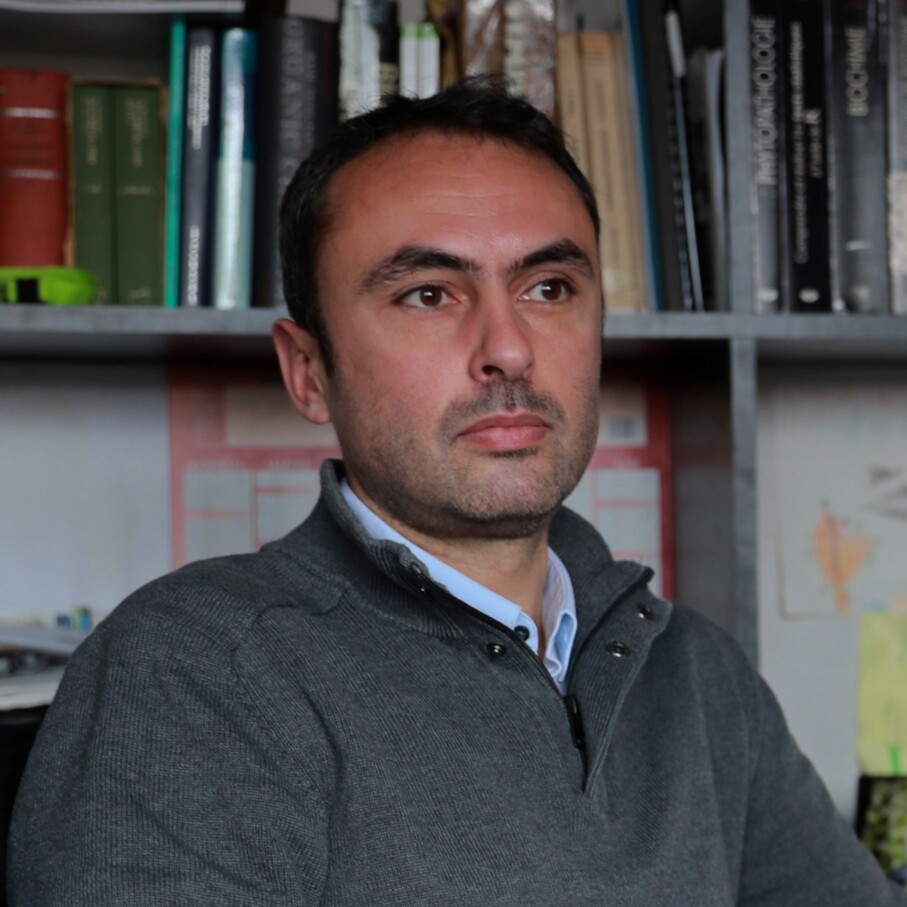
Université Clermont Auvergne (UCA), INRAE, UMR Genetics, Diversity and Ecophysiology of Cereals (GDEC), 63000, Clermont-Ferrand,France
Ludovic Bonhomme
Ludovic is a Professor of plant molecular physiology at UCA and research leader in wheat pathology at GDEC. His main interests are to understand how plant immunity can be diverted by pathogens and how fluctuating environments can act on plant/pathogen interactions, using system biology approaches. His research has primarily focused on the identification of susceptibility genes to Fusarium head blight in bread wheat and has recently turned towards deciphering the specific responses of wheat to combined biotic and abiotic stresses, as part of an industrial chair with the Limagrain company.
Keywords: Plant-pathogen interactions, combined stresses, multi-omics data integration, wheat

Institute for Plant Sciences, University of Cologne,Germany
Stanislav Kopriva
Stan Kopriva’s research aims to understand how plants integrate the uptake and utilization of key mineral nutrients with their needs, demand, and changes in environment and what is the role of micro-organisms in plant nutrition. He uses a combination of biochemical, genetic and physiological approaches and exploits natural variation. The research focuses on three areas: (1) molecular mechanisms of sulfur homeostasis and its integration in general plant metabolism; (2) alterations in mineral nutrition between C3 and C4 plants; and (3) metabolic signals in plant microbe interactions and their contribution to plant nutrition. Stan Kopriva is a deputy speaker of the Cluster of Excellence on Plant Sciences (CEPLAS) which addresses the grand challenge of food security in changing climate through world-class fundamental research on complex plant traits of agronomic relevance that impact on yield and adaptation to limited resources.
Keywords: Plant mineral nutrition, sulfur metabolism, plant microbe interactions
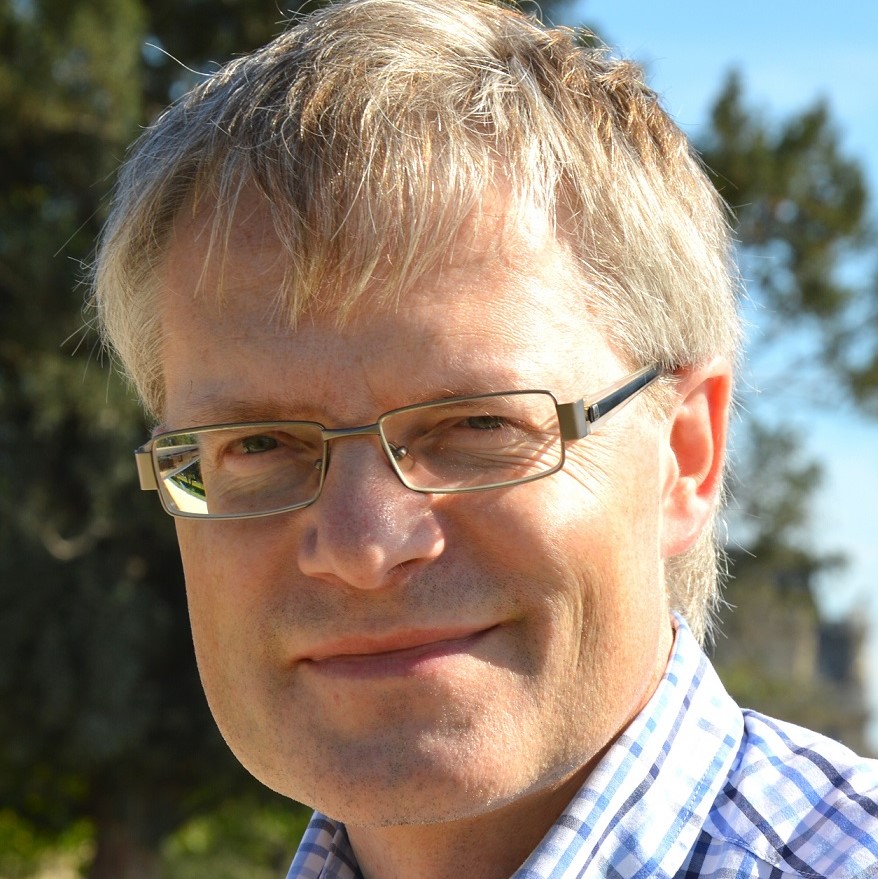
University of Potsdam, INSTITUTE of Biochemistry and biology,Germany
Bernd Mueller-Roeber
Bernd is a senior scientist at the Institute of Biochemistry and Biology, University of Potsdam, Germany, and he heads a guest group at the Max Planck Institute of Molecular Plant Physiology. His research focuses on transcription factors and gene regulatory networks to unravel the responses of plants to abiotic stresses, in particular heat and drought, and on molecular mechanisms through which age-dependent and abiotic stress-dependent senescence are controlled. His department also employs synthetic biology approaches for improving stress tolerance and yield of agricultural crops.
Keywords: abiotic stress, transcription factors, senescence, synthetic biology

Max Planck Institute for Biology Tübingen,Germany
Detlef Weigel
Detlef was one of the first to exploit natural genetic variation for understanding how the environment affects plant development. With his collaborators, he pioneered the use of high-throughput sequencing technologies for studying genetic and genomic variation, thereby providing a blueprint for similar studies in a wide range of both wild and crop plants. In recent years, Detlef’s work has come to incorporate questions at the interface of evolution and ecology, including the question of how wild plants adapt to climate change
Keywords: Genetic variation, genomic variation, plant adaptation, plant immunity, plant microbiome
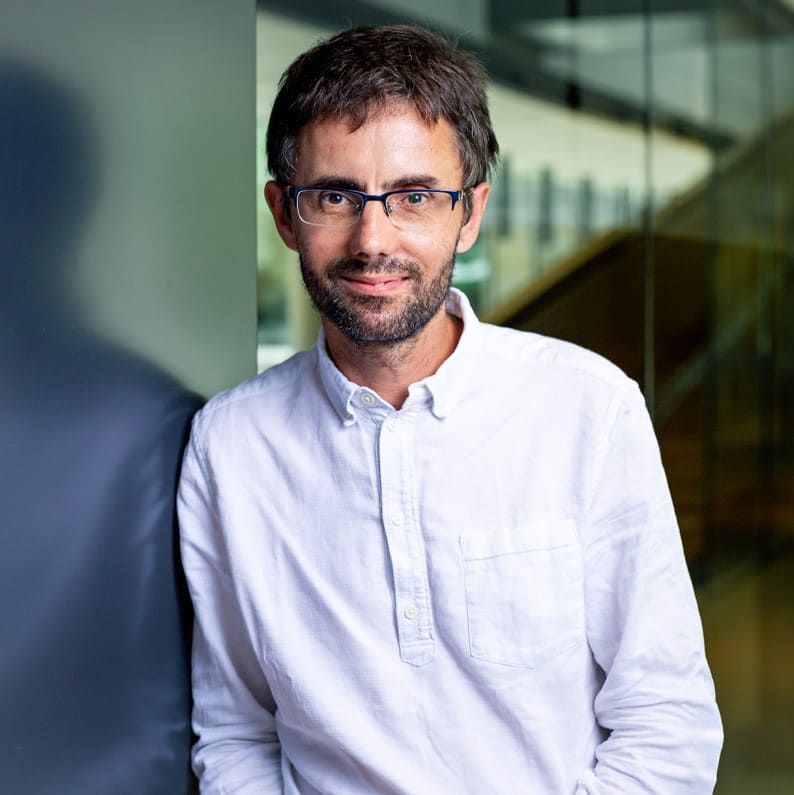
Leibniz Institute of Vegetable and Ornamental Crops (IGZ) e.V., Germany
Philip A. Wigge
Philip studies how plants sense and respond to temperature. At warmer temperatures plants often grow faster and flower earlier (thermomorphogenesis), but additional heat can also cause severe stress and diminish plant survival and fitness. His team have helped discover how temperature signals interact with key plant processes such as the circadian clock and light signalling. The identification of plant “thermometers” (thermosensors) helps us understand how plants are able to adapt to climate change. This is important in the context of food security, where it is estimated that every 1 ºC increase in temperature can reduce crop yields by about 10%. A major global challenge is therefore the breeding of climate resilient crops.
Keywords: Thermosensors, plant adaptation, protein phase change, thermomorphogenesis
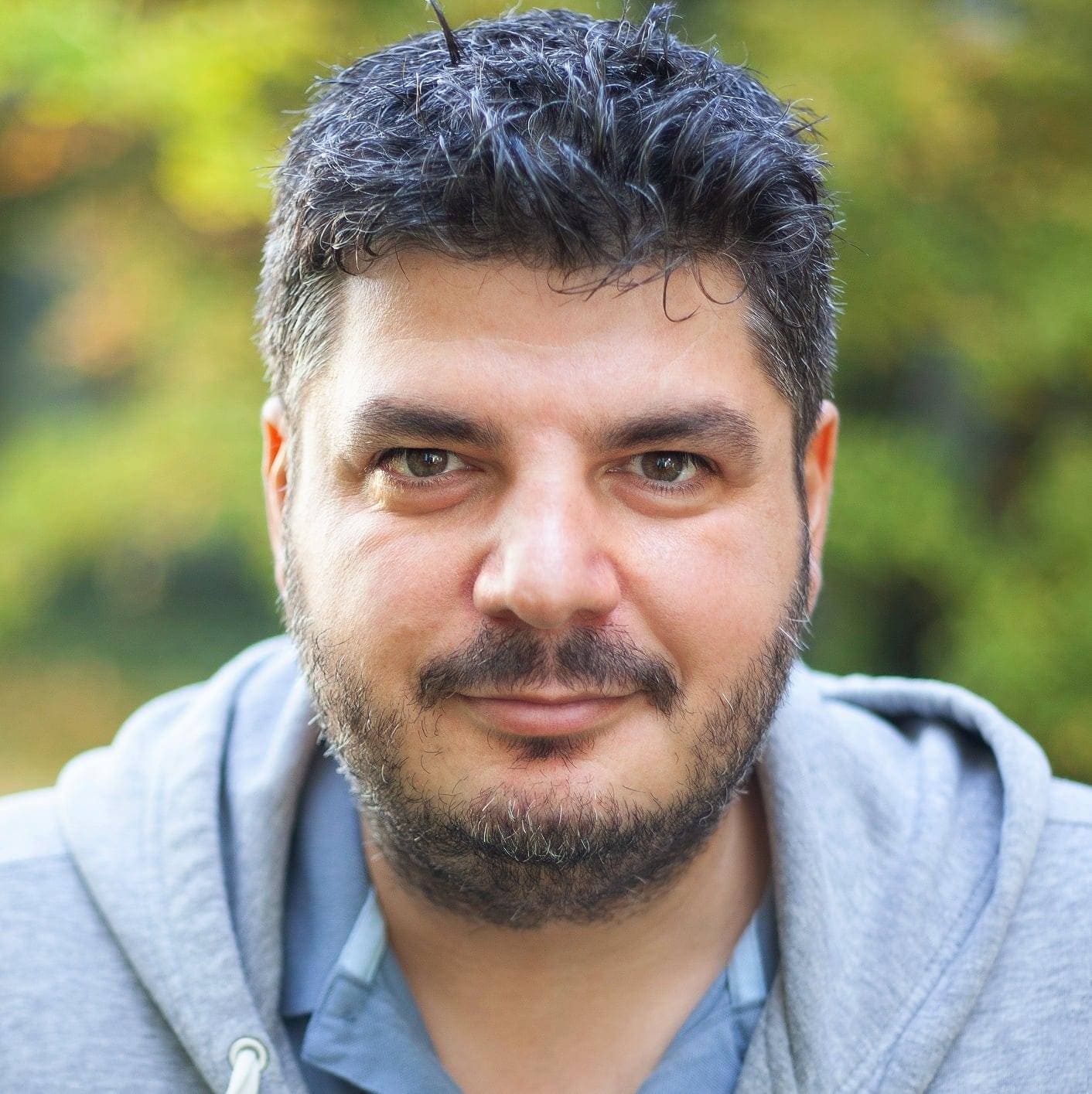
Goethe University Frankfurt, Institute Of Molecular Biology,Germany
Sotirios Fragkostefanakis
Sotirios is a group leader in the working group of Molecular and Cell Biology of Plants, Goethe University Frankfurt, Germany. His research focuses on understanding how plants respond to high temperatures that cause heat stress using genetic, molecular biology and physiological approaches. He aims to describe the effects of different heat stress regimes on plant metabolism, identify the key regulators of heat stress response and characterize how they control important thermotolerance mechanisms.
Keywords: abiotic stress, transcription factors, alternative splicing, crop resilience, heat stress response

Heinrich Heine University, Düsseldorf, Germany
Andreas Weber
Andreas is professor of plant biochemistry at Heinrich Heine University, Düsseldorf (Germany), where since 2012 he is the spokesperson of the Cluster of Excellence on Plant Science (CEPLAS; http://ceplas.eu). His research interests include the evolution, biochemistry, and cellular biology of plant carbon assimilation pathways and intracellular transport processes.
Keywords: Photosynthesis, carbon sequestration, synthetic biology, evolution
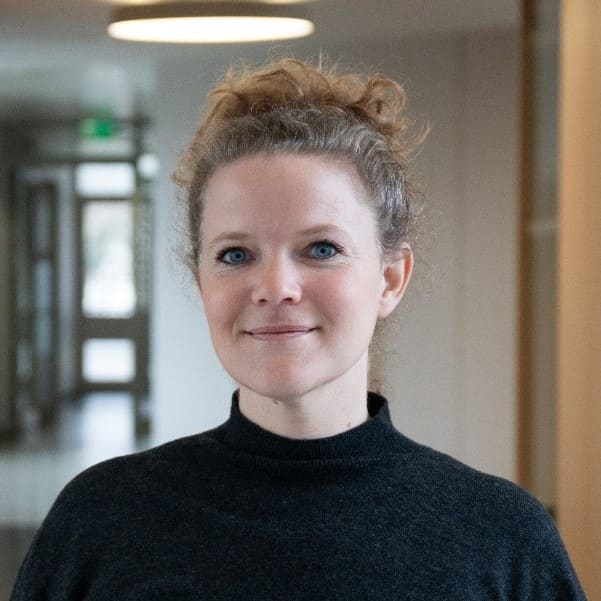
Institute for Plant Ecology and Evolution Heinrich Heine University Düsseldorf
Elena Hamann
Elena is a newly appointed Prof. for Plant Ecology and Evolution at the Heinrich-Heine University Düsseldorf. Her research focuses on the processes that promote or constrain adaptive evolution in natural plant populations, and attempts at disentangling the relative contributions of adaptation, phenotypic plasticity, and range shifts in response to rapid climate change. To examine these themes, she combines traditional field- and greenhouse-based approaches with quantitative genetics and ecological genomics. Her research provides insights into the adaptive potential of populations in rapidly changing environments, helps forecast evolutionary rescue and range shifts, informs conservation efforts for native species, and contributes to crop improvement.

Institute for Developmental Genetics, Heinrich Heine University Düsseldorf, Germany
Rüdiger Simon
Rüdiger Simon´s lab is interested in understanding how plants control their growth and differentiation through intrinsic programmes and in response to environmental signals. Rüdiger studied biology at the University of Cologne, Germany, where he received his PhD in 1990 for research on transposable elements in maize and meristem development in tomato.He joined the John Innes Centre in Norwich, UK as a postdoctoral researcher to work with Enrico Coen on flower development in Antirrhinum. He spent a period at the IPK in Gatersleben to study nematode resistance genes in tomato, before moving to the John Innes Centre to work with George Coupland on the control of flowering time in Arabidopsis.In 1996, he started his own lab at the University of Cologne with a focus on stem cell regulation in plant meristems. In 2002, he accepted a call for a professorship in plant developmental genetics at the Heinrich Heine University in Düsseldorf, Germany.The Simon Lab´s research focusses on the activities of meristems, their initiation and organisation and principles of intercellular signalling pathways. Such signalling pathways are mediated by secreted peptides, but also involve transport through plasmodesmata. The lab uses a wide range of different tools to unravel these processes: molecular biology, biochemistry, genetics and genomics, and very detailed imaging (microscopy) approaches that allow to investigate signal transduction processes, assembly and disassembly of protein complexes and protein-protein interaction with subcellular resolution in the living plant.Recent focus points are studies on meristem development in barley, structural and functional analysis of plasmodesmata in a variety of different organisms and gene regulatory networks that control plant architecture.
Keywords: Plant development, stem cell niches, signalling pathways, plasmodesmata
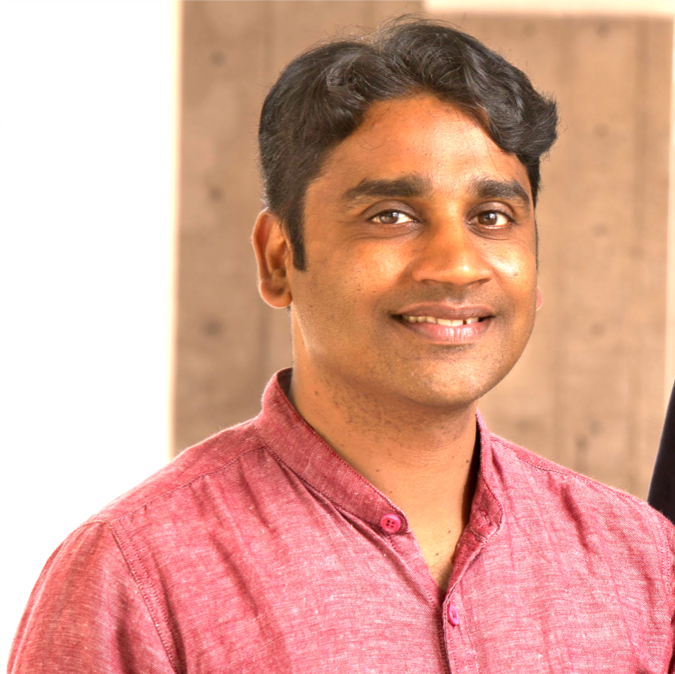
Indian Institute of Science Education and Research,India
Santosh Satbhai
Santosh obtained his Ph.D. from Nagoya University, Japan and did postdoctoral research at Gregor Mendel Institute of Molecular Plant Biology (GMI), Austria and at the Salk Institute, USA. Santosh joined Indian Institute of Science Education and Research (IISER) Mohali, India as an Assistant Professor in 2018. His research focuses on understanding the signalling pathways that modulate the plant development in response to environmental stimuli and stresses.
Keywords: Abiotic stresses, Climate change, Plant nutrition, Plant-Microbe interactions, Root biology

University of Galway, Ireland
Saqlain Haider
Saqlain Haider is a PhD student in Sara Farrona`s lab. His research project is about the evolution of novel components of Polycomb group proteins and their impact on the acquisition of specific developmental traits in land plants.
Keywords: Epigenetics, chromatin, evolution, plant adaptation

ARO - Agriculture Research Organization - Volcani Institute,Israel
Ido Nir
Ido is interested in how plants optimize performance to changing environments. Leaf epidermal stomata controlling gas exchange between plant and atmosphere to balance photosynthesis and water loss. Stomata control is related to physiological regulations (opening and closing) and development (stomatal production and pattern). Ido’s overall goal is to decipher the genetic and molecular strategies to optimize leaf epidermis development and stomatal control to improve plants resilience to current and future environments.
Keywords: Stomatal Development, Molecular Biology, Plant Physiology, plant responses to the environment.
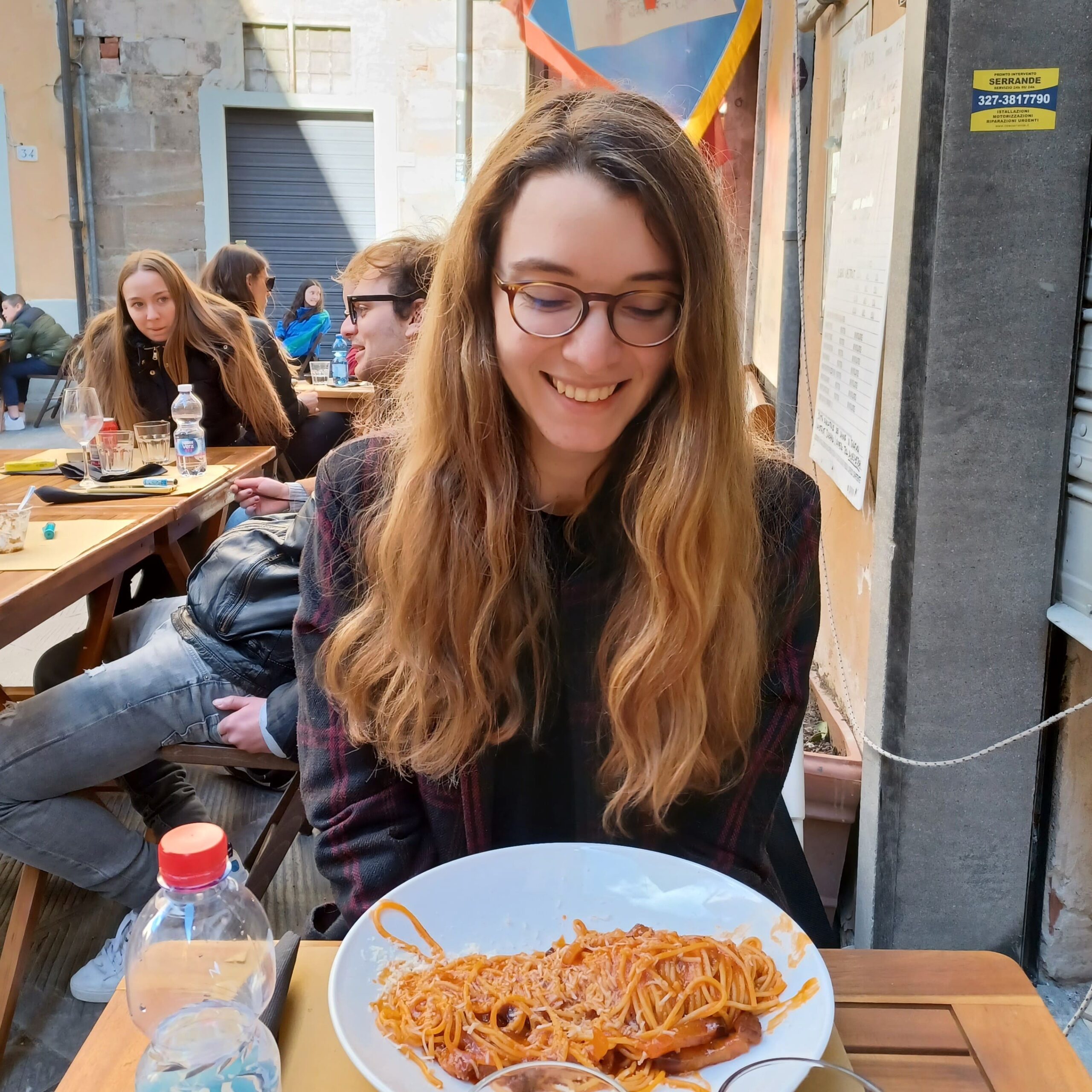
PlantLab Institute of Life Sciences at the Scuola Superiore Sant’Anna, Pisa, Italy
Eva Maria Gomez
Eva Maria is a plant biotechnologist who joined the PlantLab (Scuola Superiore Sant’Anna, Pisa, Italy) in 2019 as a Ph.D. student Agrobiodiversity. Her PhD is based on cereals response to submergence stress. She is also a Plantae Fellow from the American Society of Plant Biologist. Outside the lab, she loves to run, play the flute, and read feminist books.
Keywords: cereals, genomics, microbiome.

Department of Biology, University of Florence,Italy
Federico Martinelli
Federico is a plant geneticist at the Department of Biology, University of Florence, Italy. His research activity deals with the understanding of gene regulatory networks modulating transgenerational stress memory in crops and model species. He is curious, open-minded, friendly and fascinated by science.
Keywords: plant functional genomics, epigenomics, transgenerational stress memory
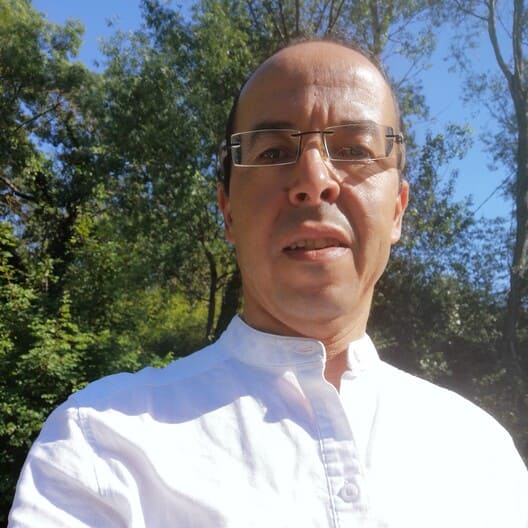
University Mohammed VI Polytechnic (Morocco),ASARI | African Institute for Research on Sustainable Agriculture (Laayoun – Morocco)
Hassan BOUKCIM
Hassan, holds an executive MBA and a PhD in Ecophysiology and Ecological restoration. He has more than 25 years of experience in scientific research, innovation management and startups. He worked for more many years at INRA (France). He contributed to the preparation and the realization of many European, international and national R&D programs in the field of the conservation and rehabilitation of soils and ecosystems. He is author and co-author of many scientific publications in international refereed journals. Since 2008, he is founder; CEO-President and Chief Scientific Officer of Valorhiz (www.valorhiz.com), innovative company specialized in the conception, providing and implementation of innovative solutions for functional diagnosis, biological treatments and monitoring of soils and ecosystems in the objective of its sustainable valorization (land reclamation, soil water management, bio-technosoils, sustainable agriculture, vegetalisation, carbon sequestration, biodiversity, ...)
Keywords: Ecology, soil, biodiversity, systemic approach, innovation, ecological restoration, sustainable agriculture, carbon sequestration
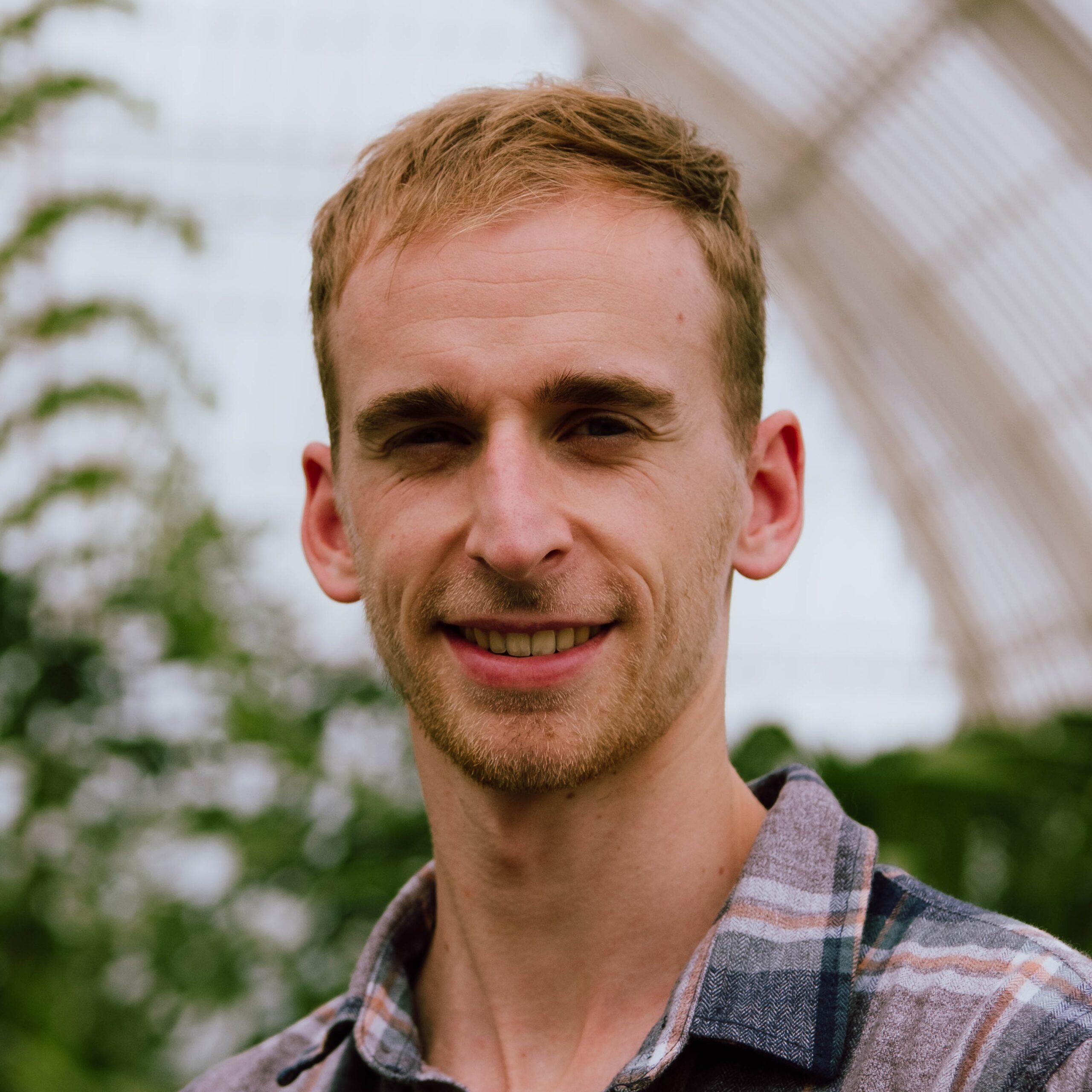
Wageningen University & Research,The Netherlands
Damian Boer
Damian researches root growth and development under abiotic stresses, with the aim of finding adaptive root architectural responses to a plethora of harsh environmental conditions. His interests lie in plant ecophysiology; how the environment, both physical and biological, interacts with the physiology of a plant. Besides his work as a scientist, he deeply cares about nature restoration and conservation, and science communication (he founded GeneSprout Initiative). He aims to contribute to the PlantACT! initiative through his out-of-the-box thinking to ultimately help in the goal of tackling climate change through plant science
Keywords: root biology, abiotic stresses, potato, plant physiology, salinity tolerance, drought tolerance, root architecture, nitrogen use efficiency

Leiden University, Netherlands
Salma Balazadeh
Salma is an Associate Professor of Molecular Plant Stress Biology at Leiden University in the Netherlands. She focuses on understanding the signaling mechanisms in plants that trigger responses to environmental stresses and unraveling the cellular processes through which plants regulate their growth and development under such stressful conditions. Her research focuses on three areas: 1) identifying the regulatory components involved in adapting plant growth and development to environmental changes (single and multiple stresses); 2) molecular mechanisms underlying plant responses to repetitive stresses and establishment of stress memory; 3) the molecular-genetic mechanisms through which beneficial microbes interact with plants and enhance their stress (heat and drought) tolerance.
Keywords: Stress adaptation, stress memory, plant-microbe interactions, transcription factors, protein quality control

Institute for Mediterranean and Subtropical Horticulture, Malaga, SpainLeiden University, Netherlands
Victor Carrion Bravo
Víctor is a Ramón y Cajal researcher at the University of Málaga (IHSM-UMA-CSIC) and an Assistant at Leiden University. His primary research interest is to understand how microorganisms mediate plant protection against (a)biotic stresses. His team is specialized in developing new, multidisciplinary approaches to systematically correlate microbial genes and biosynthetic gene clusters (BGCs) with their functions in plants under stress. Additionally, his research program focuses on the diversity, dynamics, and beneficial functions of microorganisms associated with plants. Víctor and his team investigate the mechanisms by which these microbes protect plants from (a)biotic stresses, such as fungal pathogens or drought.
Keywords: Plant-microbe interactions, computational biology, metagenomics

Sultan Qaboos University,Oman
Mahmoud Yaish
Mahmoud Yaish’s research aims to study the mechanisms involved in plants' abiotic stresses, such as salinity and drought, using OMICs and reverse genetics approaches. Besides, He is studying the relationship between the plants' microbiota and abiotic stress tolerance and trying to produce biofertilizers based on plant growth-promoting bacteria (PGPB).
Keywords: Salinity; drought; PGPB; microbiome; abiotic stress; epigenetics; nitrogen utilization efficiency; date palms
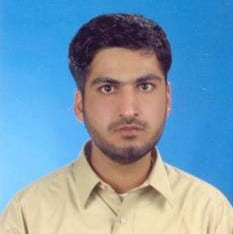
The Agriculture University Peshawar, Pakistan
Ihsanullah Daur
Ihsanullah has Ph.D. in Organic Farming and crop physiology obtained in 2008 from Ege University, Turkey. He currently holds the position of Associate Professor at The Agriculture University Peshawar, Pakistan. His research interests revolve around the discovery of medicinal plants, microbial biodiversity, crop production in harsh environments, and the implementation of integrated nutrient and weed management strategies for sustainable crop production.
Keywords: Organic farming, PGPR, environment, agro-ecology, sustainable agriculture

Pakistan Environmental Protection Agency, Ministry of Climate Change & Environmental Coordination,Pakistan
Usman Khalid Chaudhry
Dr. Usman Khalid Chaudhry, a seasoned Plant Researcher with a rich background in adapting plants to abiotic stresses, brings over 8 years of invaluable experience to the field. His expertise spans molecular stress physiology of plants and breeding, where his leadership skills and multitasking strengths have been pivotal in both independent and collaborative settings, notably on multinational projects. Dr. Chaudhry has held various roles throughout his distinguished professional journey. Presently, he serves as a Biotechnologist, contributing significantly to the regulation of genetically modified crops in Pakistan. Before assuming his current position, Dr. Chaudhry garnered invaluable experience as a Postdoctoral Researcher and Research Associate at Niğde Ömer Halisdemir University, Niğde, Türkiye. During these roles, he refined his expertise in adapting plants to both single and combined abiotic stresses, a critical focus aimed at addressing the challenges posed by future climatic changes and securing food resources.
Keywords. Abiotic stress, biotic stress, Climate change, Resilient crops, Genome editing
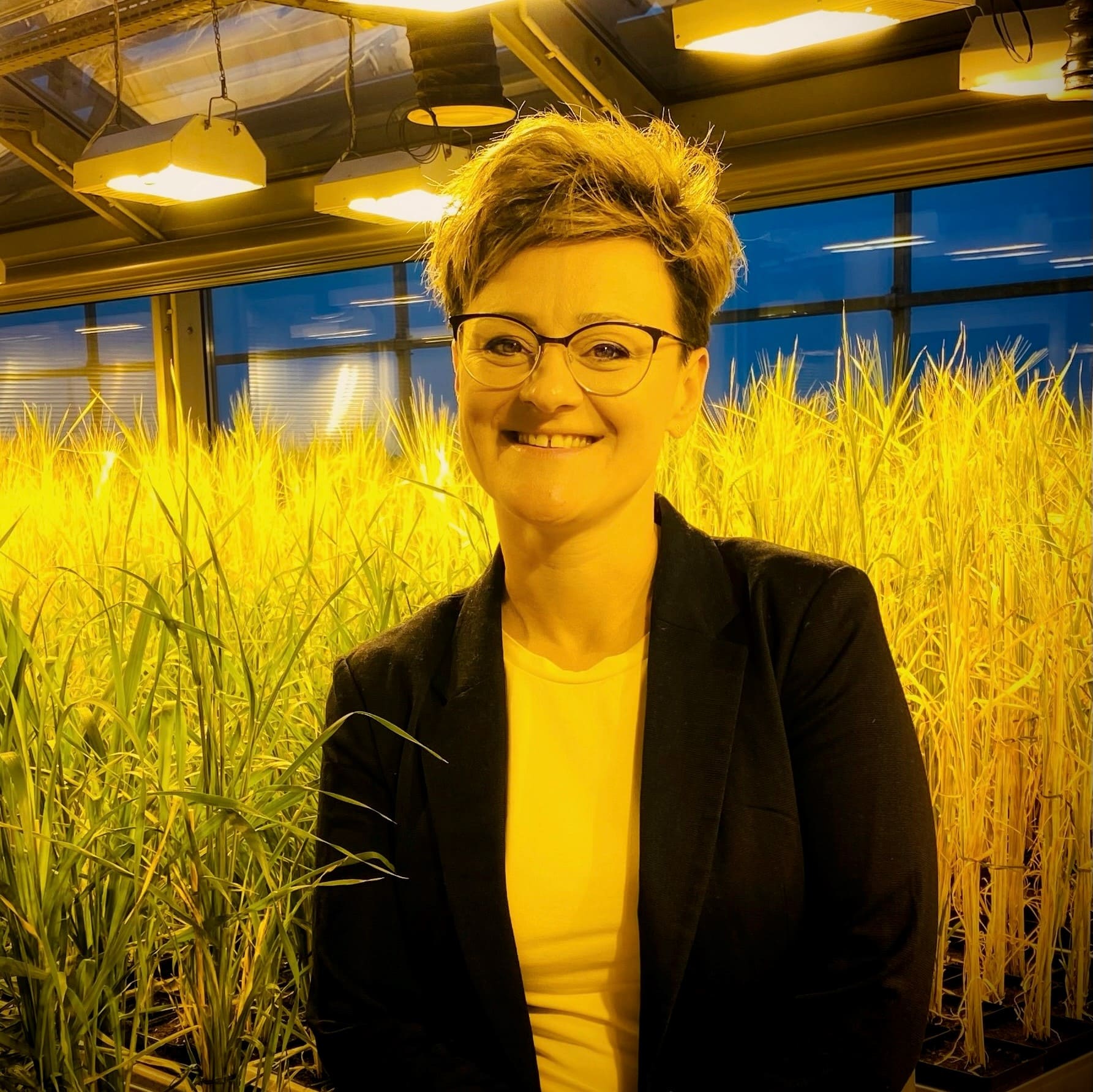
University of Silesia in Katowice, Faculty of Natural Science, Institute of Biology, Biotechnology and Environmental Protection, Poland
Agata Daszkowska-Golec
Agata is a plant geneticist with extensive experience in the field of functional genomics. Her research has focused on the molecular basis of plants’ (Arabidopsis and barley) response to abiotic stress adaptation, emphasizing ABA signaling and drought response. Her team mainly employs mutagenesis, genetics, functional genomics, transcriptomics, physiological analyses, and bioinformatics in examining the role and mechanism of action of specific genes in plants' response to adverse environmental conditions
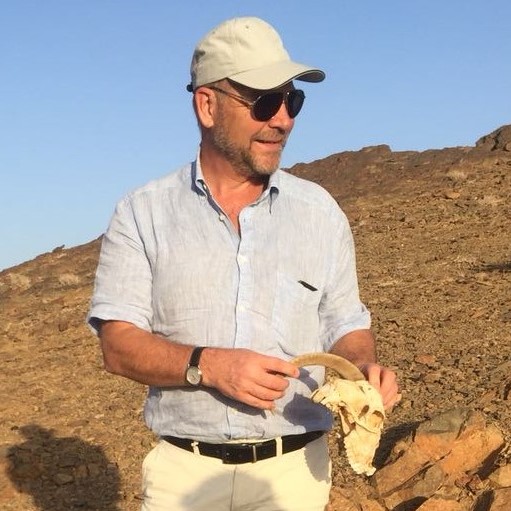
King Abdullah University of Science and Technology,Kingdom of Saudi Arabia
Heribert Hirt
Heribert studies how plants can adapt to abiotic or biotic stress conditions. He launched the Darwin21 project to bioprospect various hot deserts for beneficial microbes that can ultimately enhance plant survival and growth on hyperarid lands by increasing heat, drought and salt resistance. Heribert hypothesizes that with better understanding of desertification and plant-soil-biome ecosystem it is possible to revert hyperarid lands into functional ecosystems. His key research area is the study of desert soil, plants and microbes and their use in establishing natural sustainable systems in land restoration, landscaping and agriculture, without relying on chemicals or pesticides.
Keywords: Desert, Soil microbiome, plant microbiome, heat stress tolerance, salt tolerance, drought tolerance, pathogen resistance
Website:
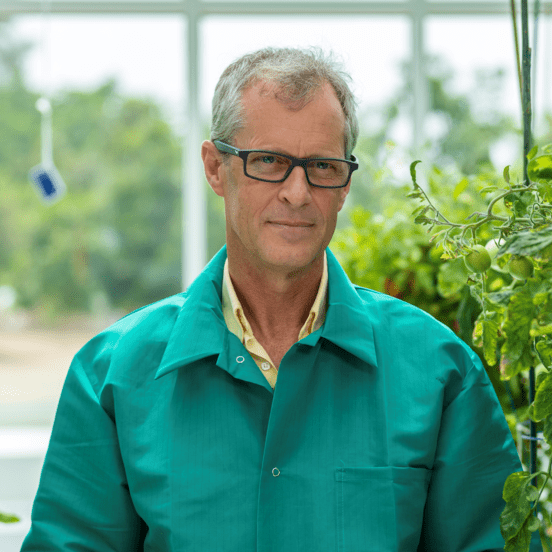
King Abdullah University of Science and Technology,Kingdom of Saudi Arabia
Mark A. Tester
Mark loves understanding how plants work, especially in tough conditions where it is hot, dry and salty. He is a professor at KAUST, and has also worked at the Universities of Adelaide and Cambridge. He co-Founded Red Sea Farms, and is now enjoying developing saltwater-based agricultural systems, to improve the sustainability of food production
Keywords: salinity tolerance; sustainable food security; plant physiology; ion transport
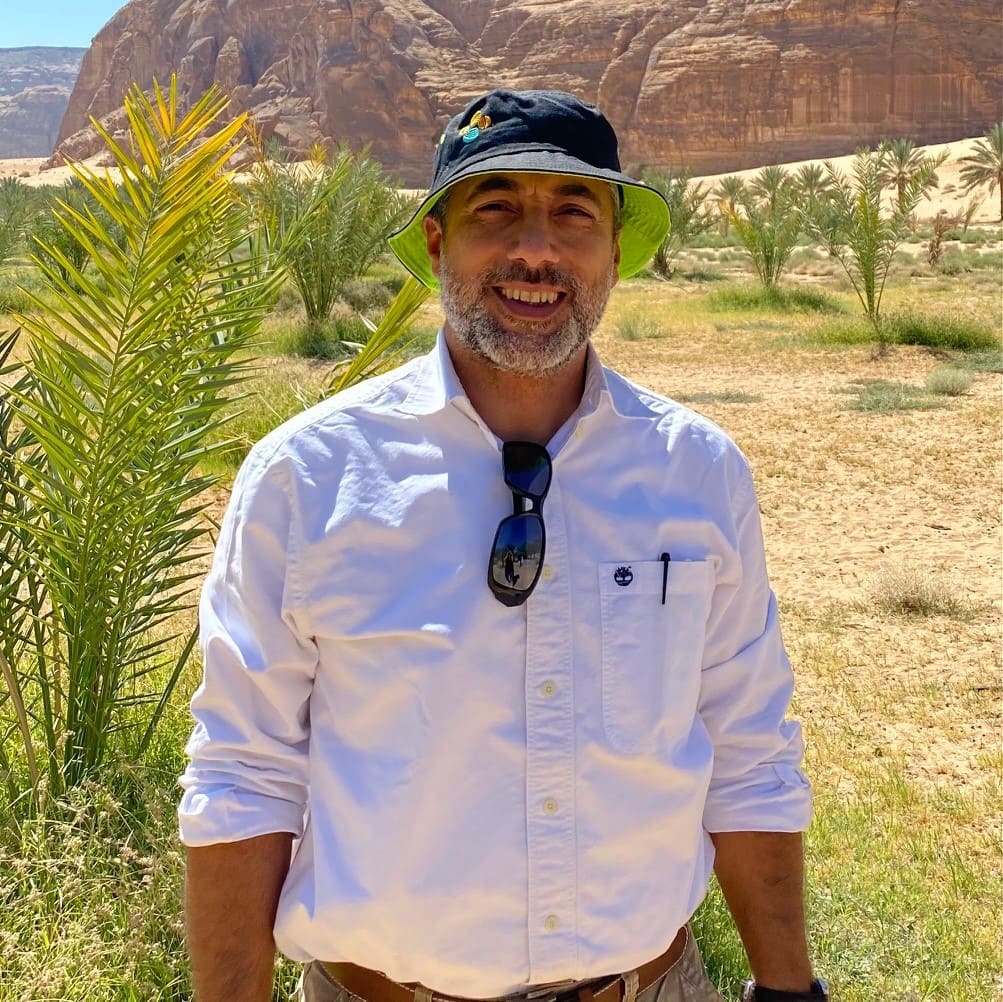
King Abdullah University of Science and Technology,Kingdom of Saudi Arabia
Maged Saad
Maged is a Senior Research Scientist at the Center for Desert Agriculture in KAUST and the coordinator of the DARWIN21 initiative. His research focuses on two main topics, developing different biological solutions based on desert microbes to mitigate constraints on agriculture productivity (soil health, low yield, biotic, abiotic stresses, and nutrient assimilation) and the precision application of biological solutions on a site-specific basis (soil type, plant type, and climate conditions) for optimizing efficiency and return to farmers. This could lead to an eco-friendly strategy for re-planting desert areas and land restoration into sustainable agricultural systems.
Keywords: Desert, Microbiome, Personalized agriculture, Microbial breeding, Biostimulants, salinity tolerance, drought tolerance, and nitrogen fixation.

King Abdullah University of Science and Technology,Kingdom of Saudi Arabia
Brande B. H. Wulff
Brande’s work explores disease resistance in cereals, in particular wheat. He uses genetics, genomics and bioinformatics to mine the germplasm of wild grassy relatives of cereals to discover and clone new resistance genes against the major diseases of wheat. His long term aim is to engineer this resistance into bread wheat to reduce the need for pesticides. He is a professor at KAUST, and has also worked at the John Innes Center and The Sainsbury Lab.
Keywords: wheat; disease resistance; wheat rust; functional genomics
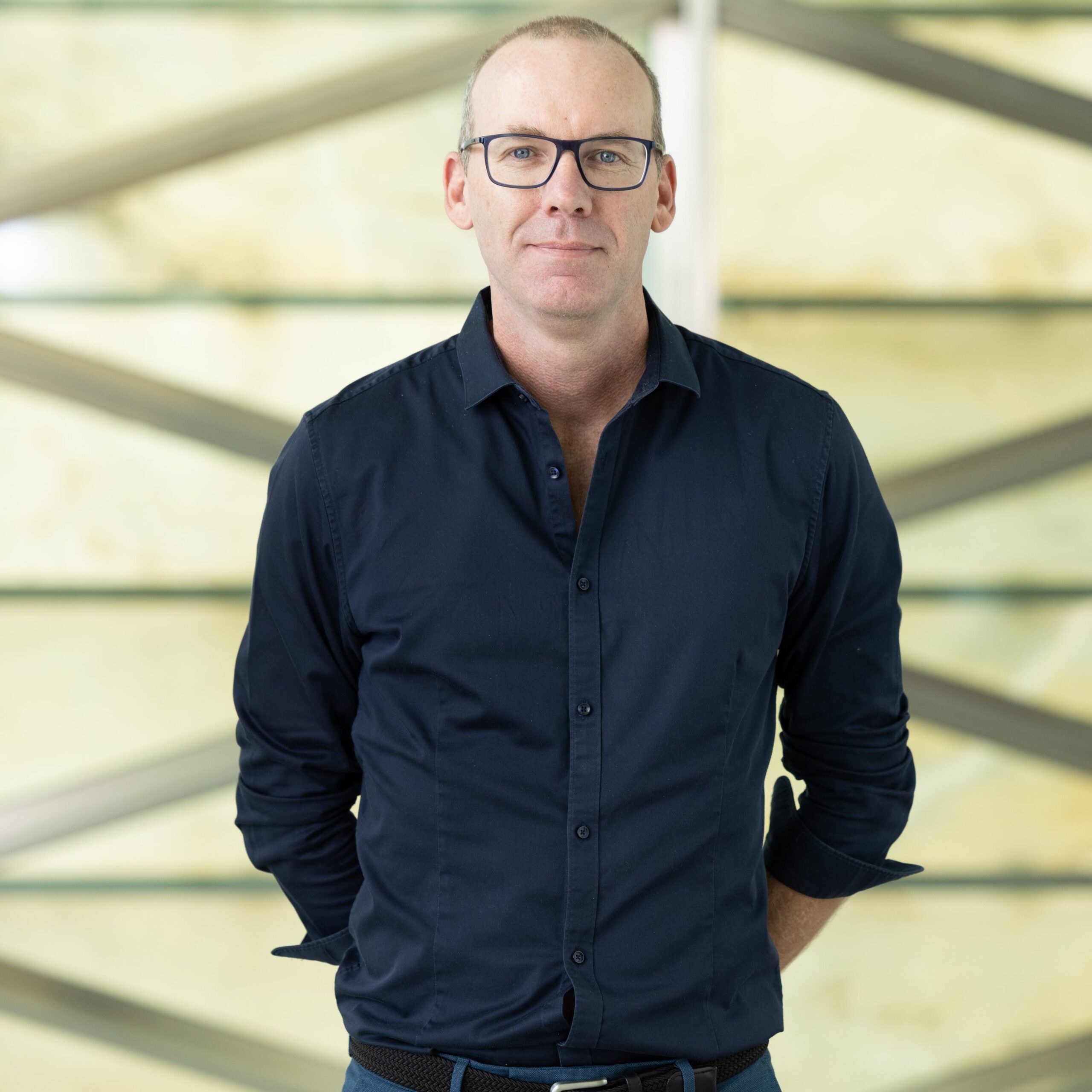
King Abdullah University of Science and Technology,Kingdom of Saudi Arabia
Matthew McCabe
Matthew's research focuses on issues related to water and food security, climate change impacts, precision agriculture, water resources monitoring and modeling, and the novel use of technologies for enhanced Earth system observation. He is a Professor of Remote Sensing and Water Security and Director of the Climate and Livability Initiative at KAUST.
Keywords: remote sensing, UAVs, plant phenotyping, machine learning, precision agriculture, water security

King Abdullah University of Science and Technology,Kingdom of Saudi Arabia
Monika Chodasiewicz
Monika is interested in plant stress biology specifically how plants respond to different environmental conditions such high temperature, salinity and low oxygen. She is an Assistant Professor at KAUST, leading group with the major interest in two research topic. First is studying the biomolecular condensates formed under stress conditions – for example the Stress Granules (SGs). Second direction of research is to elucidate novel small molecule-protein complexes that are form in response to stress. Both directions can contribute to further understanding how stress signaling and tolerance work in plants.
Keywords: Stress response, biomolecular condensates, stress granules, signaling and tolerance
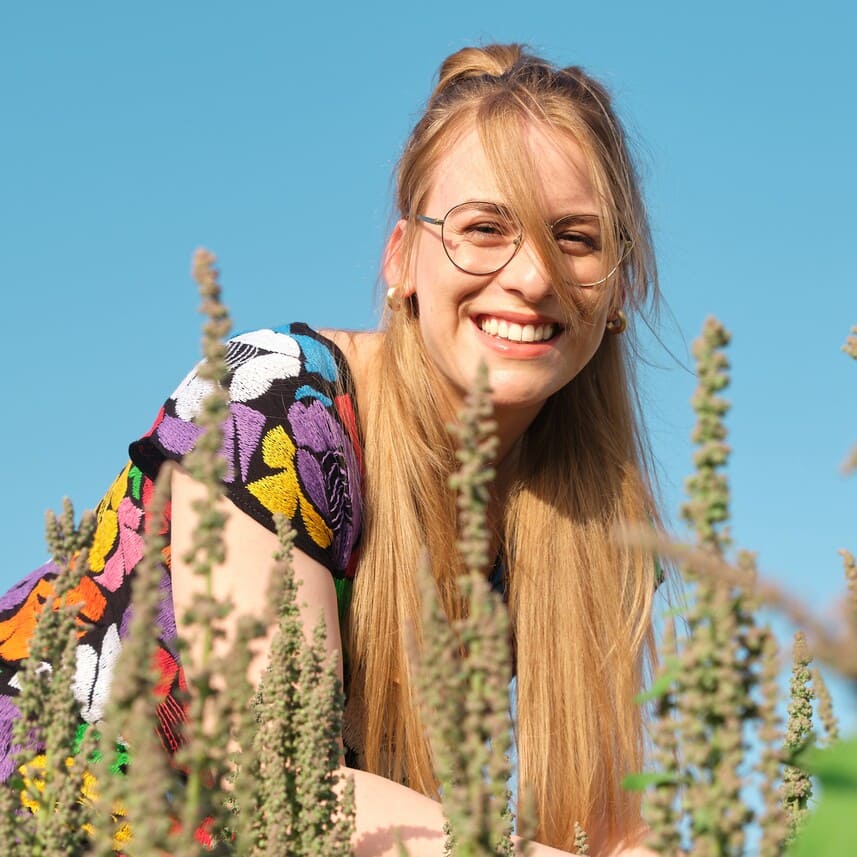
King Abdullah University of Science and Technology,Kingdom of Saudi Arabia
Clara Stanschewski
Clara S. Stanschewski is driven by her motivation to contribute to efforts towards food security, one of the many challenges that are intensified by climate change. Quinoa (Chenopodium quinoa) is a minor crop with great potential for expansion of cultivation into areas currently unavailable for agriculture due to a large natural diversity and natural tolerance to various adverse environmental conditions, including a high natural salinity tolerance. In the scope of improving the crop further, Clara is investigating the genetic architecture of agronomically important traits in quinoa using comprehensive phenotyping and Genome-Wide Association Studies.
Keywords: Quantitative genetics, plant phenotyping, genome-wide association studies, salinity tolerance, quinoa

King Abdullah University of Science and Technology,Kingdom of Saudi Arabia
Ahmed Elhady
Ahmed is a senior postdoctoral fellow at the Center for Desert Agriculture in KAUST. His research aims to understand how crop-coexisting microbial networks can be harnessed and engineered to breed resilient plants that are tolerant to soil pathogens and can confer sustainable yield stability. Specifically, he focuses on the plant-nematode-microbe interaction, investigating the mechanisms underlying nematode suppression in the rhizosphere due to enriched microbes. Ahmed is also interested in how nematodes regulate microbial signals in the soil and whether such signals can be developed for new eco-friendly plant health products. He firmly believes that the desert ecosystem has significant potential to act as a sink for CO2 and mitigate the challenges of climate change.
Keywords: microbiome, nematodes, microbial signals, networking, coalescence, desert ecosystem, breeding, pathogen resistance

Department of Phytology, Technical University in Zvolen,Slovakia
Mohammad Mukarram
Mohammad is a young researcher from Technical University in Zvolen, Slovakia. He likes to know how silicon nanoparticles influence plant physiology in stressful environments. He focuses on photosynthesis, stomata, and ROS and antioxidant metabolism for this. Mohammad’s goal is to develop economical and sustainable alternatives for crop improvement.
Keywords: silicon, oxidative stress, photosynthesis, antioxidants, crop improvement
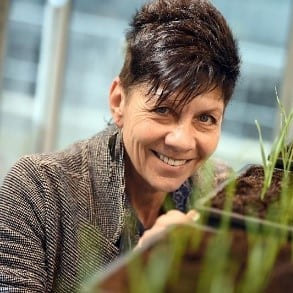
South African Research Chair in “Systems Biology Studies on Plant Desiccation Tolerance for Food Security”, Department of Molecular and Cell Biology,University of Cape Town, South Africa
Jill Farrant
Jill Farrant utilizes a multidisciplinary approach to understand protection mechanisms associated with vegetative desiccation tolerance, and this regulation, with the ultimate aim of producting drought tolerant crops for food security.
Keywords: desiccation tolerance, molecular physiology, omics, resurrection plants

CSIC-UPV, Institute of Molecular and Cellular Plant Biology (IBMCP),Valencia, Spain
Pedro L. Rodriguez
Pedro is a senior researcher in the Spanish Research Council at IBMCP, interested in the role played by abscisic acid (ABA) receptors, protein phosphatases and kinases as regulators of ABA signaling, and their biotechnological potential to improve plant tolerance to drought and adaptation to climate change in agriculture. We are interested in developing genetic approaches and synthetic molecules able to act as ABA receptor agonists to cope with water deficit in crops.
Keywords: ABA signaling, ABA receptor agonists, structural biology
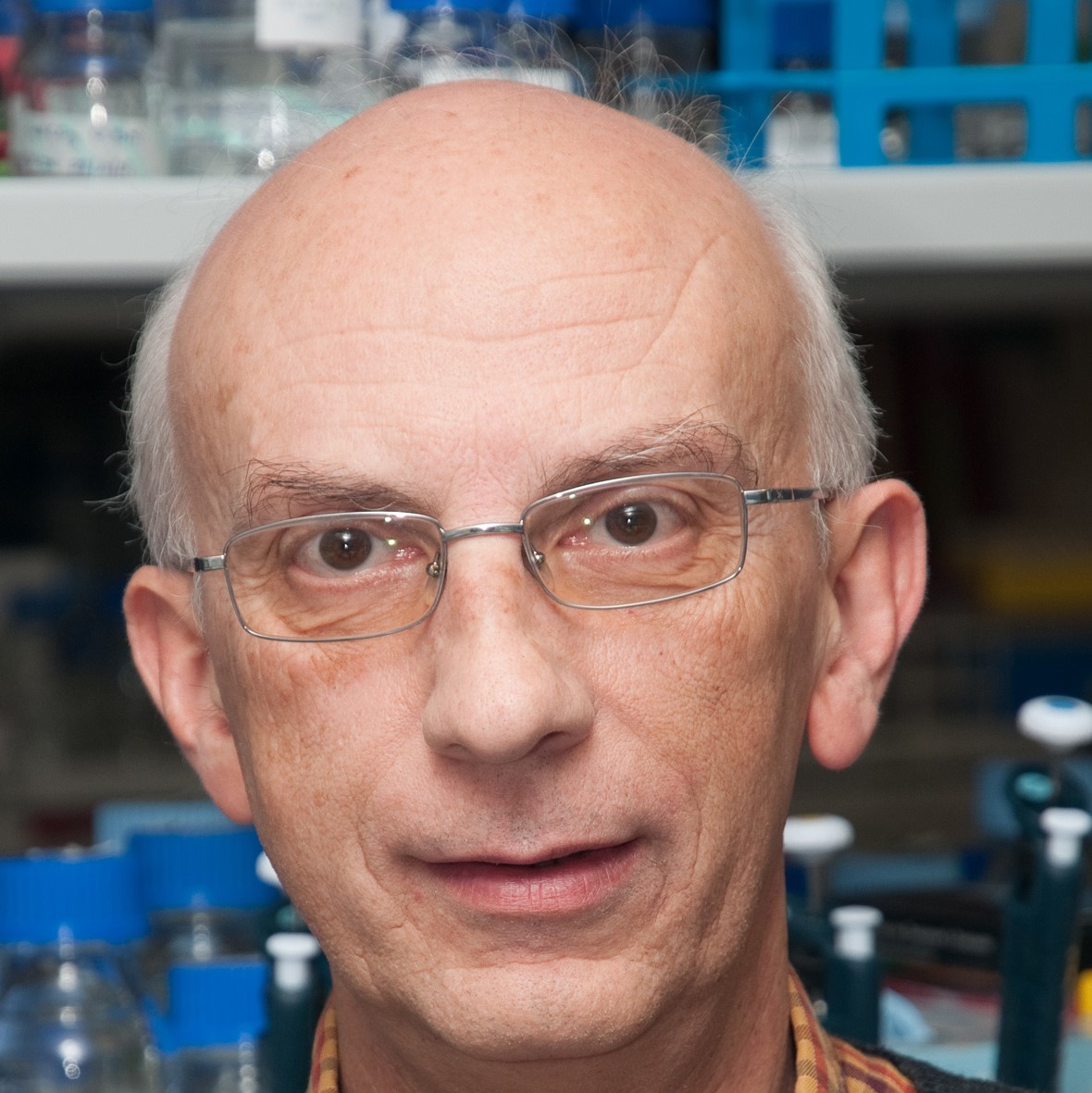
Spanish Research Council (CSIC) at CBMSO, Madrid, Spain
Crisanto Gutiérrez
Crisanto is Professor in the Spanish Research Council (CSIC) at CBMSO, interested in how the crosstalk of cell proliferation, epigenetics and genome replication contributes to organ growth and development under normal and stress conditions. We are interested in generating fundamental information on basic cellular processes that can be used in the rational design of plants with improved performance.
Keywords: cell division, epigenetics, DNA replication, stem cells
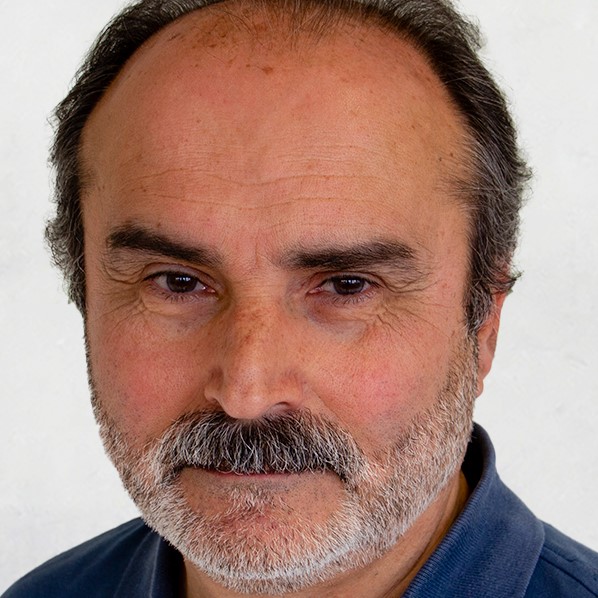
Institute of Plant Biochemistry and Photosynthesis (IBVF), CSIC-USE,Seville, Spain
José M. Pardo
José is Research Professor of the Spanish Research Council (CSIC). He investigates the role of sodium, potassium and nitrate transporters in plant nutrition and stress physiology (salinity, nutritional deficiencies). He is also interested in the epigenetic basis for environmental stress tolerance (cold, salinity, ABA).
Keywords: Plant nutrition, Salinity tolerance, Ion transporters, Structure-function relationships
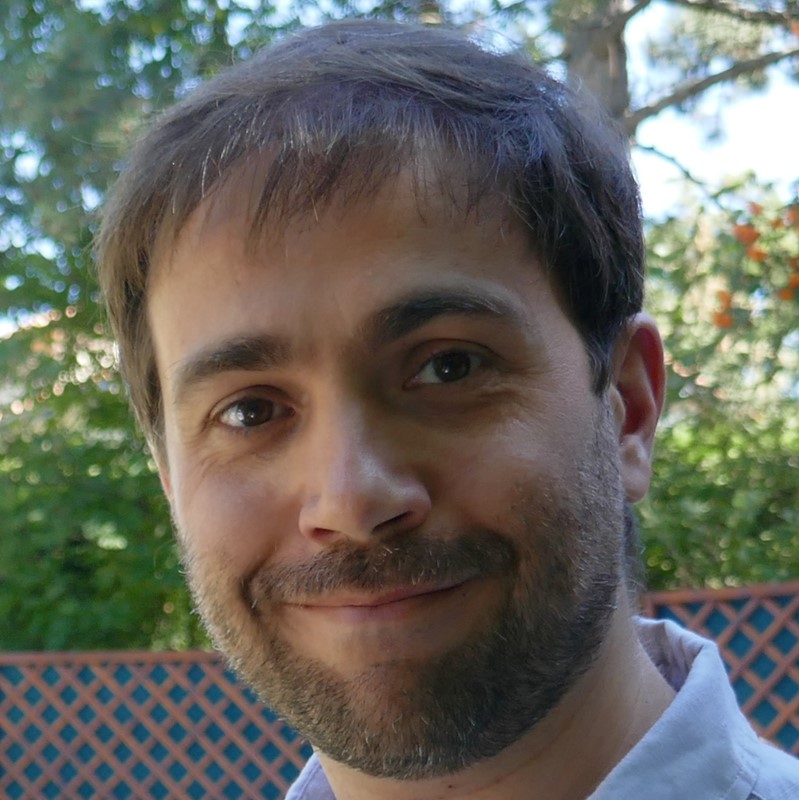
Centro Nacional de Biotecnología, Madrid,Spain
Michael Nicolas
Michael is a developmental biologist who concentrates his research on genes that control plant architecture and the dormancy of axillary buds in Solanaceae plants, primarily focusing on potatoes and tomatoes. His recent research projects have sparked his interest in mechanisms governing sugar allocation, tuberization, and the root response to salt stress. He is becoming increasingly intrigued by the role of developmental genes in abiotic stress responses.
Keywords : developmental biology, plant architecture, bud dormancy, sugar allocation, tuberization, flowering, transcription factors
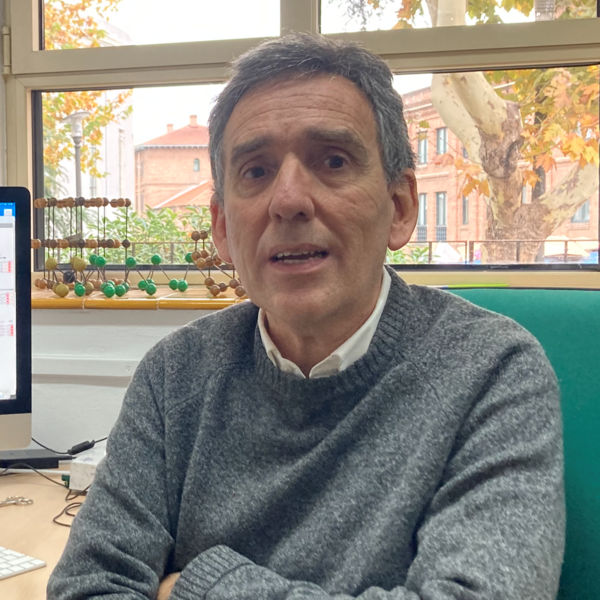
Spanish National Research Council (CSIC), Madrid, Spain
Armando Albert
Armando Albert is a Research Professor at the Spanish Research Council (CSIC). Specializing in structural biology, he explores the molecular mechanisms underlying plant responses to abiotic stress. Using structural data, he contributes to the development of innovative and eco-friendly agrochemicals aimed at enhancing plants’ resilience to stress.
Keywords: Abiotic stress, Structural Biology, ABA receptors, Ion Channels and Transporters, Membrane Biology

Universidad Politécnica de Madrid, Madrid,Spain
Antonio Molina
Antonio Molina is Professor of Biochemistry and Molecular Biology at the Department of Biotechnology and Plant Biology of the Universidad Politécnica de Madrid (UPM). He has been Director (2016-2024) of the Centro de Biotecnología y Genómica de Plantas (CBGP), a joint centre between the UPM and the Instituto Nacional de Investigación y Tecnología Agraria y Alimentaria (INIA/CSIC) (www.cbgp.upm.es). The CBGP has been awarded as Center of Excellence “Severo Ochoa” by the Spanish Research Agency (2017-2025; www.somma.es). The research activity of the group of Dr. Molina at the CBGP focuses on the study of Plant Immunity and its applications to crop protection (http://www.cbgp.upm.es/plant_innate.php), and in particular on the contribution of cell wall to immune response activation and disease resistance. Dr. Molina is a recognised expert in the area of plant resistance to necrothrophíc fungi and cell wall-mediated immunity. He has developed an intense activity of innovation and technology transfer in collaboration with national and international companies, that resulted in several Patents exclusively licensed to companies and in the commercialization of a cell-wall based agrobiological products. Dr. Molina is co-founder of PlantResponse Biotech (www.plantresponse.com), a CBGP spin-off enterprise that was acquired recently by Mosaic Company (USA). Dr. Molina is also co-founder of the CBGP start-up enterprise FAIR Data Systems (http://www.fairdata.systems).
Keywords: Plant immunity, cell wall, disease resistance, Pattern Recognition Receptors (PRRs), Damage-Associated Molecular Patterns (DAMPs), glycans

Swedish University of Agricultural Sciences in Uppsala,Sweden
German Martinez Arias
Germán is senior lecturer at the Swedish University of Agricultural Sciences (SLU) in Uppsala (Sweden). His lab is interested in understanding how plants use epigenetic mechanisms to modulate the transcriptional response against stresses, particularly biotic. This can help us to consider information that is not directly written in the DNA to design/select species/varieties that have improved resistance to stress and to design tools based on the modification of specific epigenetic information.
Keywords: epigenetics, RNA silencing, biotic stress, virology, viroids
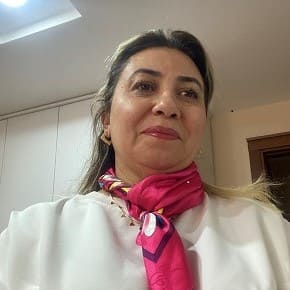
University of Sırnak, Agriculture Faculty, Field Crops Department, Turkey
Derya Yücel
Derya is Professor in Agriculture Faculty, Şırnak University, whose main interests are to understand and predict plant performances under environmental constraints, mainly in pulses. Her research is focused on breeding and agronomy of pulses, ecosystem services and enhance plant productivity against a range of environmental stresses.
Keywords: pulses, heat stress tolerance, drought stress tolerance, sustainable agriculture, energy crops
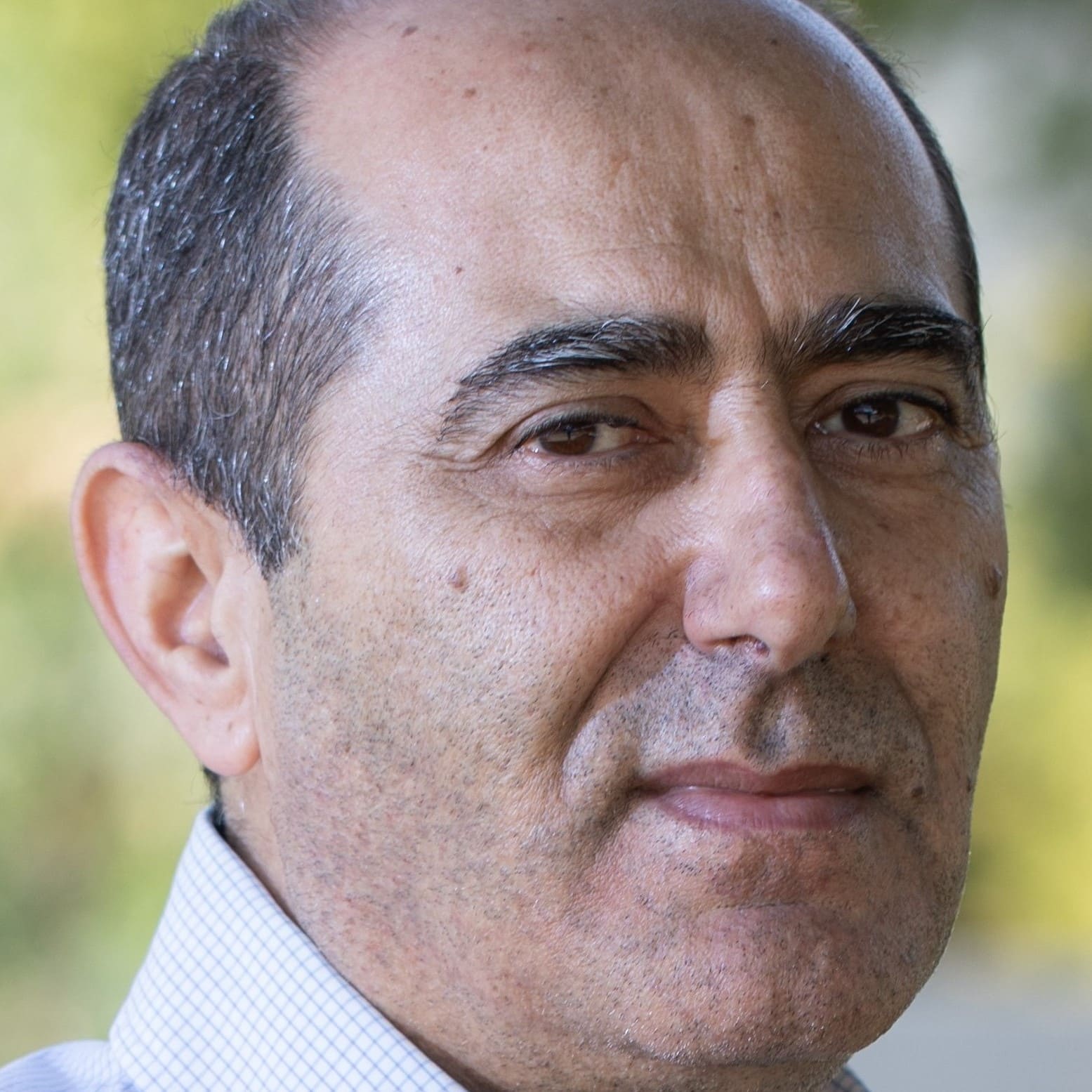
Research and Graduate Studies, Integrative Agriculture Department- (CAVM), Al Ain, United Arab Emirates University
Khaled Masmoudi
Prof. Khaled Masmoudi is a Plant Molecular Biologist and Plant Biotechnologist and Assistant Dean for research and graduate studies at UAEU. His research is focused on studying the molecular mechanisms underlying plant responses to harsh environments such as salinity, drought and extreme temperatures. He has been extensively engaged in studying the impact of the rhizosphere microbiota on root system development and tolerance to environmental constraints in cereals and date palm. He developed genomic approaches to discover novel components of salinity tolerance in arid land plants and date palm.
Keywords: Plant abiotic stress, Genomics and Metagenomics, Endophytes, Date palm, Desert native plants

Lancaster Environment Centre,Lancaster University, UK
Catherine Walsh
Catherine is a PhD candidate in the lab of Dr Marjorie Lundgren investigating the influence of C2 photosynthesis on yield and nutrient content in wild rocket. Her key interests include photosynthetic diversity, C4 evolution, biochemistry and nutritional integrity of crops. She is also interested in how photosynthetic type may influence nutritional profiles under rising CO2 levels as climate change progresses.
Keywords: Photorespiration, C2 photosynthesis, biochemistry

Technician at the University of Greenwich, UK
Faisal Saeed
Faisal is a dedicated molecular biologist currently serving as a Research Technician at the University of Greenwich in the UK, specializing in employing cutting-edge molecular biology techniques to manipulate genetic material and enhance plant characteristics. Hsis commitment to continuous learning and professional development underscores my readiness to contribute significantly to the forefront of scientific research.With a strong focus on genome editing, biotic stress, molecular responses, and gene expression regulation, his skill set includes effective time, project, and budget management, the ability to work independently and collaboratively, analytical acumen, and proficiency in research grant and article writing. Eager to leverage his expertise in molecular biology for the betterment of climate, he is driven by a holistic approach to research that aims to address pressing environmental challenges and contribute to sustainable agricultural practices.
Keywords. Abiotic stress, biotic stress, Climate change, Resilient crops, Genome editing

University of Greenwich,UK
Maruthi M N Gowda
Maruthi is a Professor of Molecular Plant Pathology at the Natural Resources Institute of the University of Greenwich in the UK. He is a plant pathologist by training but with over 20 years of wider research and development experience in agriculture working with farming communities in the tropical countries of Africa and Asia. Specifically, he has wide ranging multidisciplinary skills from field epidemiology, molecular biology, tissue culture to functional genomics with strengths in plant-virus-insect interactions and climate change. He has been carrying out holistic research to understand factors affecting livelihoods, and to use the knowledge generated to find sustainable solutions to the real-world problems.
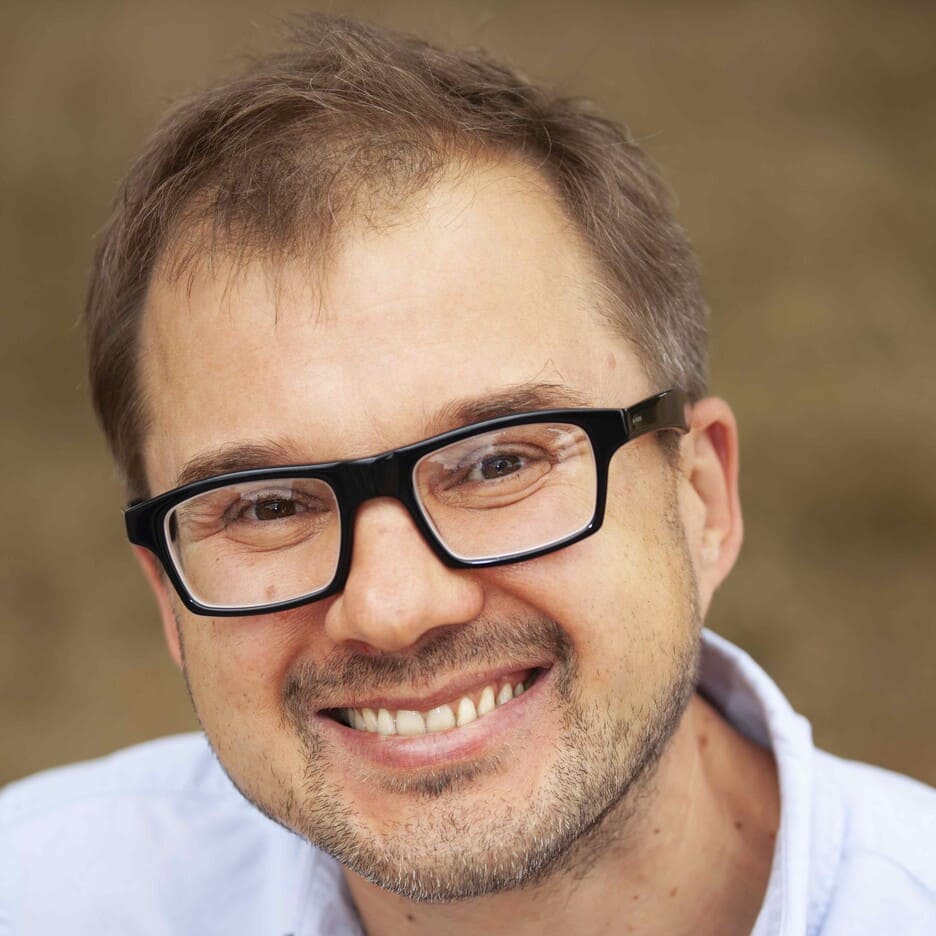
Newcastle University,UK
Maxim Kapralov
Maxim is a senior lecturer (associate professor) at the School of Natural and Environmental Sciences, Newcastle University. His interests range from evolutionary genetics, computational biology, plant physiology and molecular biology to translational photosynthesis and increasing crop productivity via genetic modifications. Most of his current research is focused on the most abundant yet still enigmatic enzyme Rubisco.
Keywords: Rubisco, evolution, genetics, photosynthesis, biotechnology.

Department of Plant Biology, Carnegie Institution for Science, 260 Panama Street, Stanford, CA 94305, USA
Zhi-Yong Wang
Dr. Zhi-Yong Wang obtained his Ph.D from UCLA (1998) and did postdoctoral research with Joanne Chory at the Salk Institute. Dr. Wang is the acting director of the Department of Plant Biology at Carnegie Institution for Science. His research focuses on the cellular signaling and regulatory mechanisms underlying plant growth responses to hormonal, nutritional, and environmental signals. Dr. Wang is an associate editor of Molecular Cellular Proteomics, a Fellow of the American Association for the Advancement of Science (AAAS), and a recipient of the Humboldt Research Prize.
Keywords: Brassinosteroid, photomorphogenesis, plant hormones, sugar signaling, proteomics, plant growth.
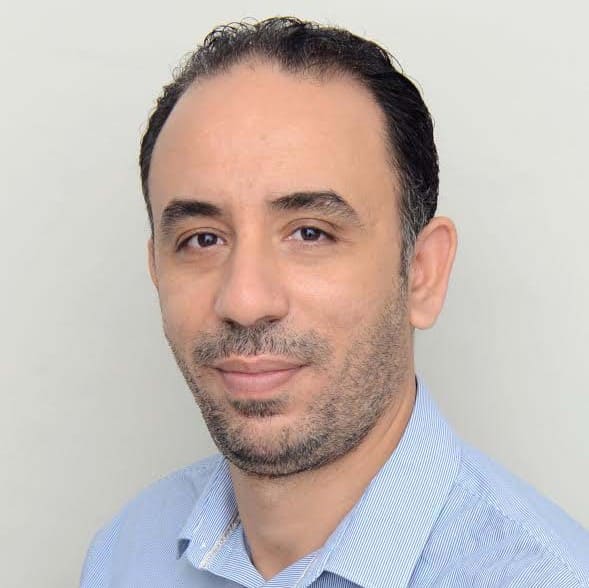
Plant Resilience Institute, the Department of Plant, Soil, and Microbial Sciences, and the Plant Resilience Institute, Michigan State University, USA
Hatem Rouached
Hatem gained scientific and managerial skills during his PhD (University of Montpellier, France, 2002-2005), his Postdoc (University of Lausanne, Switzerland, 2005-2009), and as Senior Scientist in Crop Design (BASF Company, Ghent, Belgium, 2010-2012). In 2012, he was recruited at INRA, France. He was then visiting faculty at Carnegie Institution for Science (Stanford, USA, 2016-2018). Concurrently, he was an adjunct Professor at Chiang Mai University- Thailand. In 2020, he joined Michigan State University, the Plant Resilience Institute, the Department of Plant, Soil, and Microbial Sciences, and the Plant Resilience Institute, East Lansing, Michigan, USA. Hatem seeks to improve plant growth and protect its nutritional value from the effects of climate change at the same time.
Keywords: Plant nutrition, Plant Growth, Climate Change, System Genetics
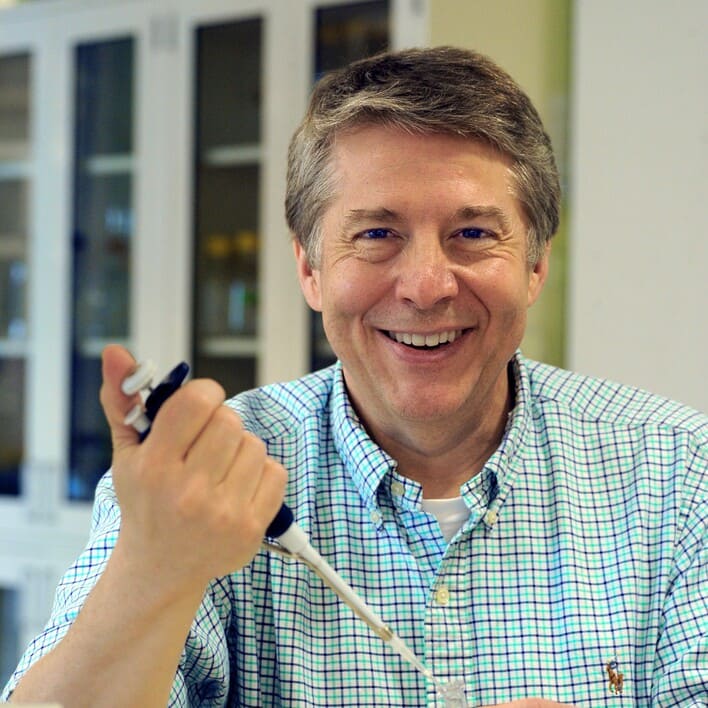
Institute for Convergent Science, Associate Dean for Research and Innovation, USA
Gregory P. Copenhaver
Gregory Copenhaver is the Chancellor’s Eminent Professor of Convergent Science at UNC Chapel Hill and a Distinguished Adjunct Professor at Fudan University in Shanghai. He serves as UNC’s Associate Dean for Research & Innovation, and as Director for the UNC Institute for Convergent Science. Greg’s research focuses on plant reproductive biology and the influence of the environment. He serves as Editor-in-Chief for the peer-reviewed scientific journal PLOS Genetics. In 2019 he was elected as a Fellow of the Linnean Society and in 2021 he was elected as a Fellow of the American Association for the Advancement of Science (AAAS).
Keywords: meiosis, recombination, chromosomes

Department of Biology, Epigenetics Institute and Plant arc, University of Pennsylvania, PA 19104USA
Doris WAGNER
Doris and her lab study shoot architecture with emphasis on when and where flowers form. Optimal shoot architecture differs for forage crops, urban agriculture and fruit trees and is under seasonal and environmental control. Understanding and programming new shoot architectures is a key mechanism for sustainable increases in yield. She is also interested in understanding stress response-growth tradeoffs, which frequently rely on epigenome ‘gating’ of gene expression programs. Precision reprogramming of the epigenome can enhance plant resilience and adaptability without incurring plant growth and vigor tradeoffs. Final Doris leads Plant ARC (Plant Adaptability and Resilience Center) a new initiative for sustainable solutions to climate change at the University of Pennsylvania.
Keywords: Response to the Environment, Shoot Architecture, Abiotic Stress, Gene Regulation, Epigenetics

Washington State University, USA
Olufunke Ayegbidun
Olufunke Ayegbidun is a doctoral student at Washington State University. Her research focuses on improving nutritional and agronomic traits in bread wheat by exploring genetic variations in wheat's progenitors. Her research aims to promote global food security and alleviate micronutrient deficiencies by developing highly nutritious climate-resilient wheat varieties.
Keywords: Micronutrient, Wheat, climate-resiliency

Colorado State University,USA
Pankaj Trivedi
Pankaj is an Associate Professor of Microbiome of Plant Systems at Colorado State University. His research explores multitrophic interactions among and between the microbiome and the plant environment that influence the health and productivity of managed and natural systems. By providing a systems-level understanding of plant microbiomes, his research is developing new computational tools and host/microbiome models that enable plant breeders and plant ecologists to predict beneficial interactions to achieve improved yields and plant resilience in and plant resilience to changing environmentsLab website: https://www.trivedi-laboratory.org
Keywords: Plant-Microbiome Interactions; Climate Change; Microbiome engineering; Modelling; Multi-omics
